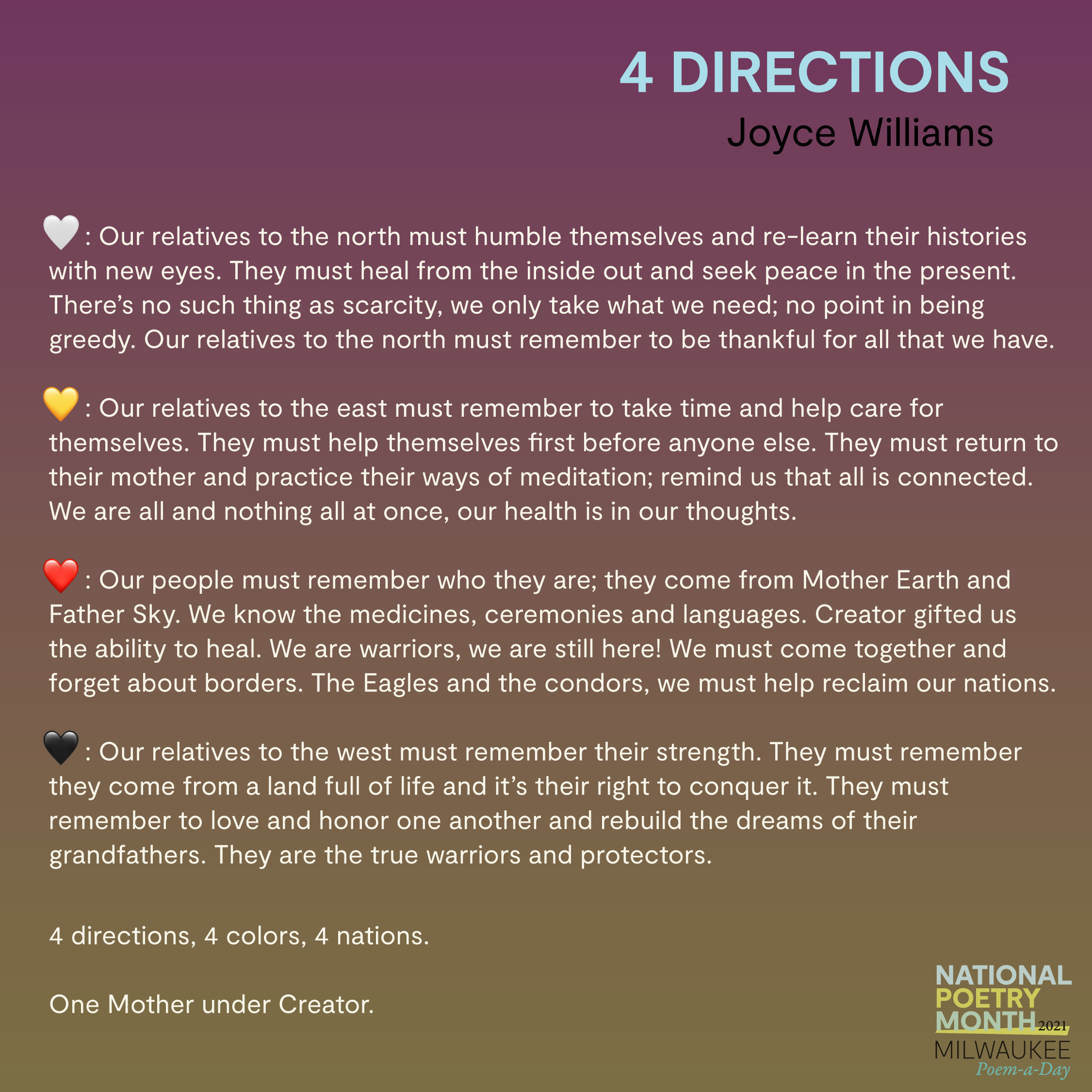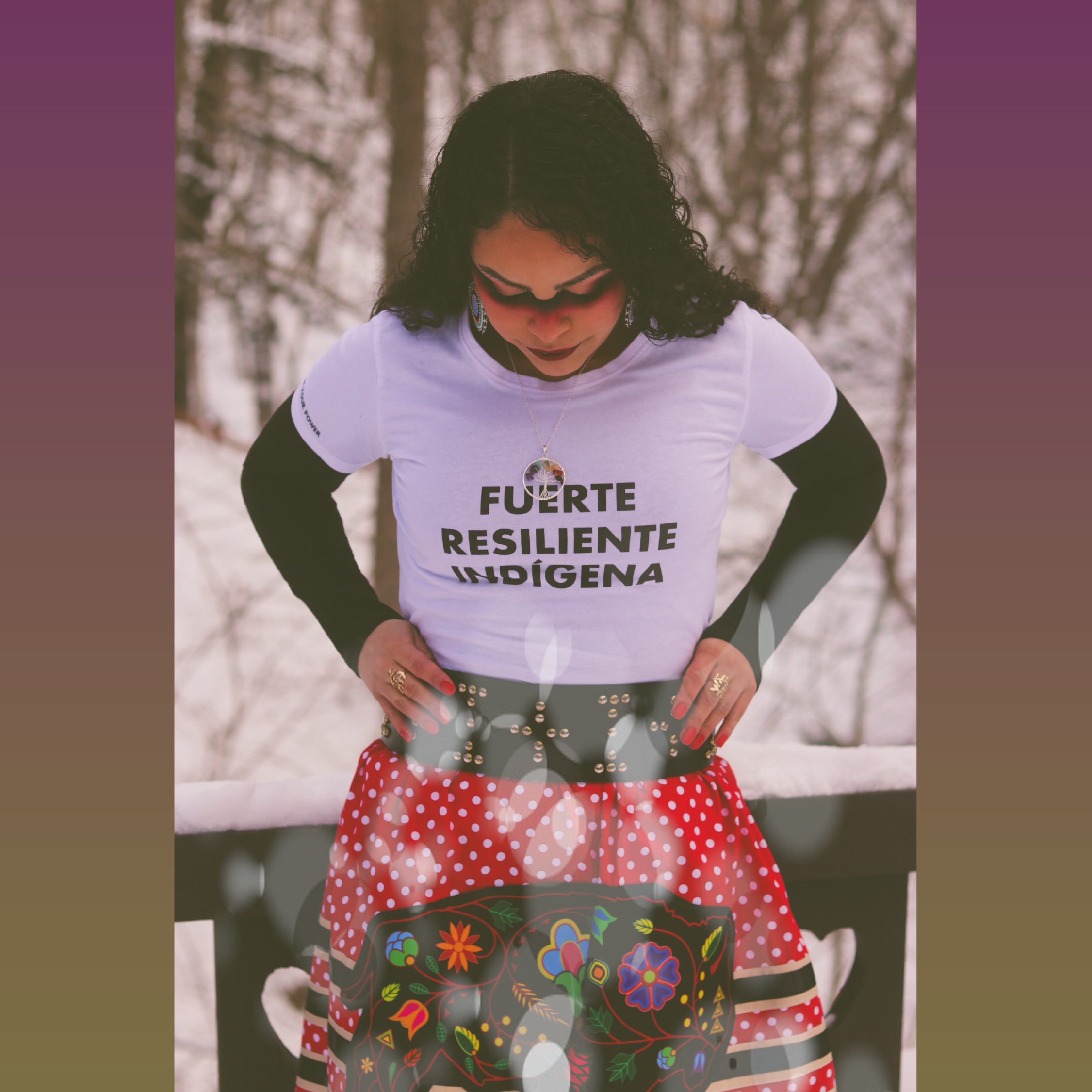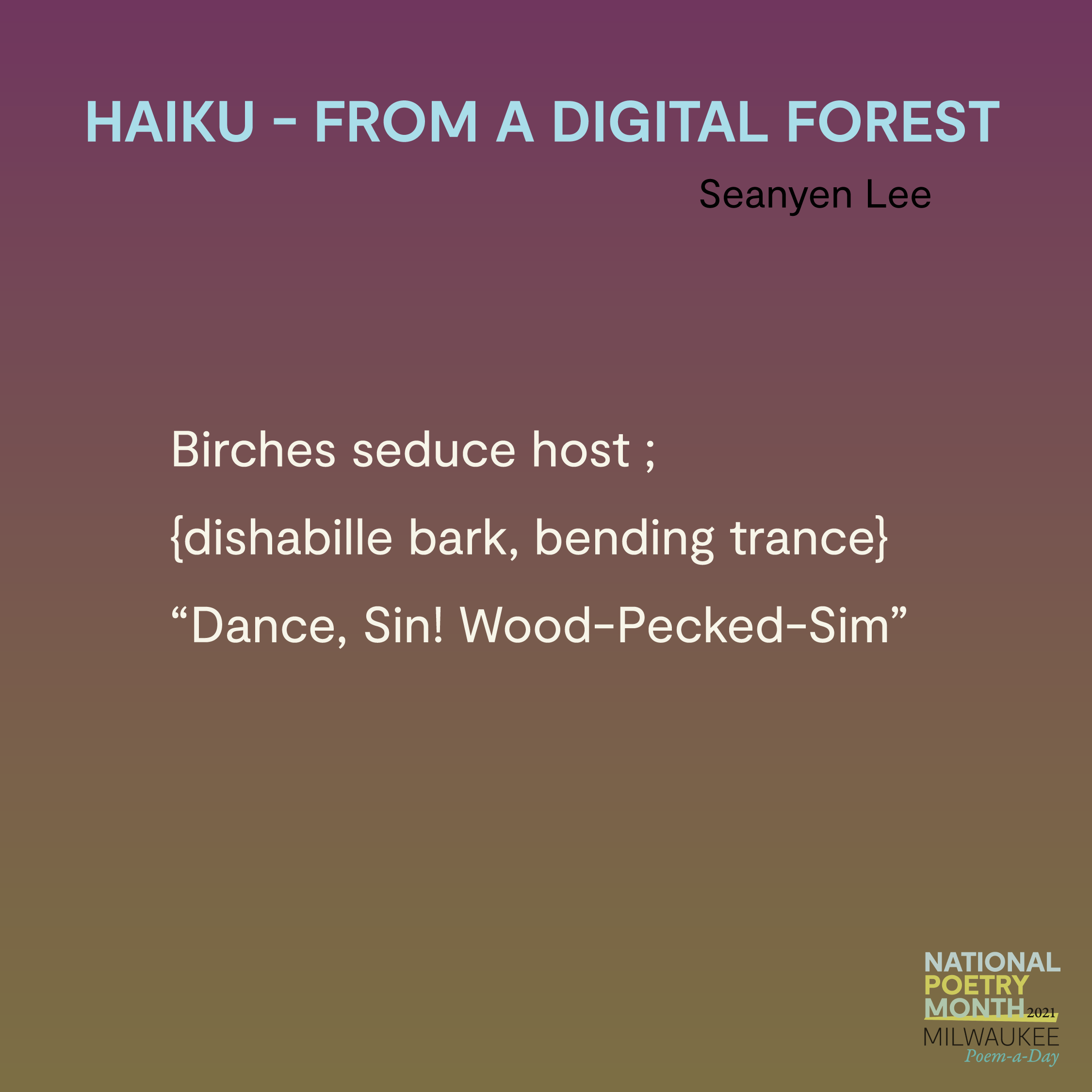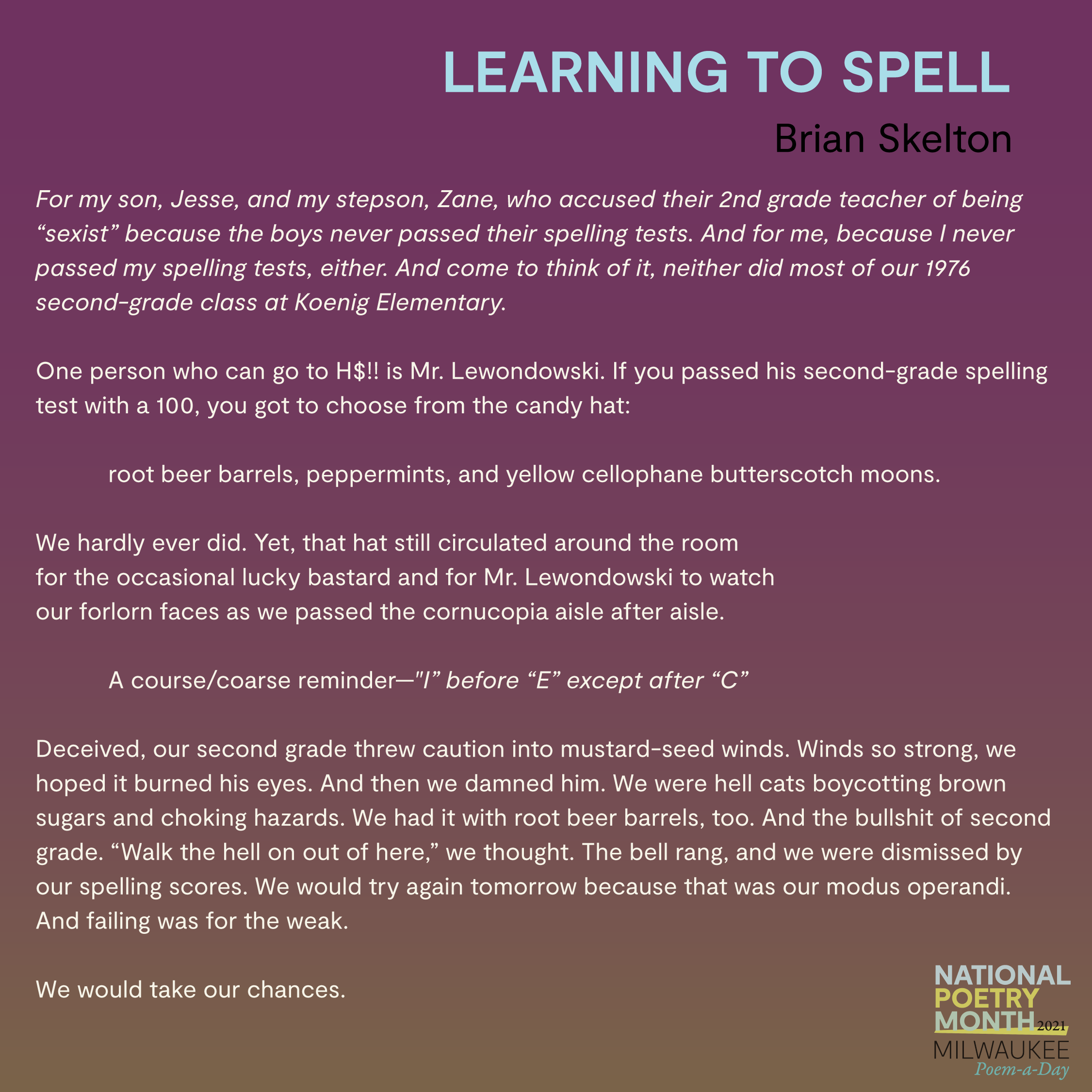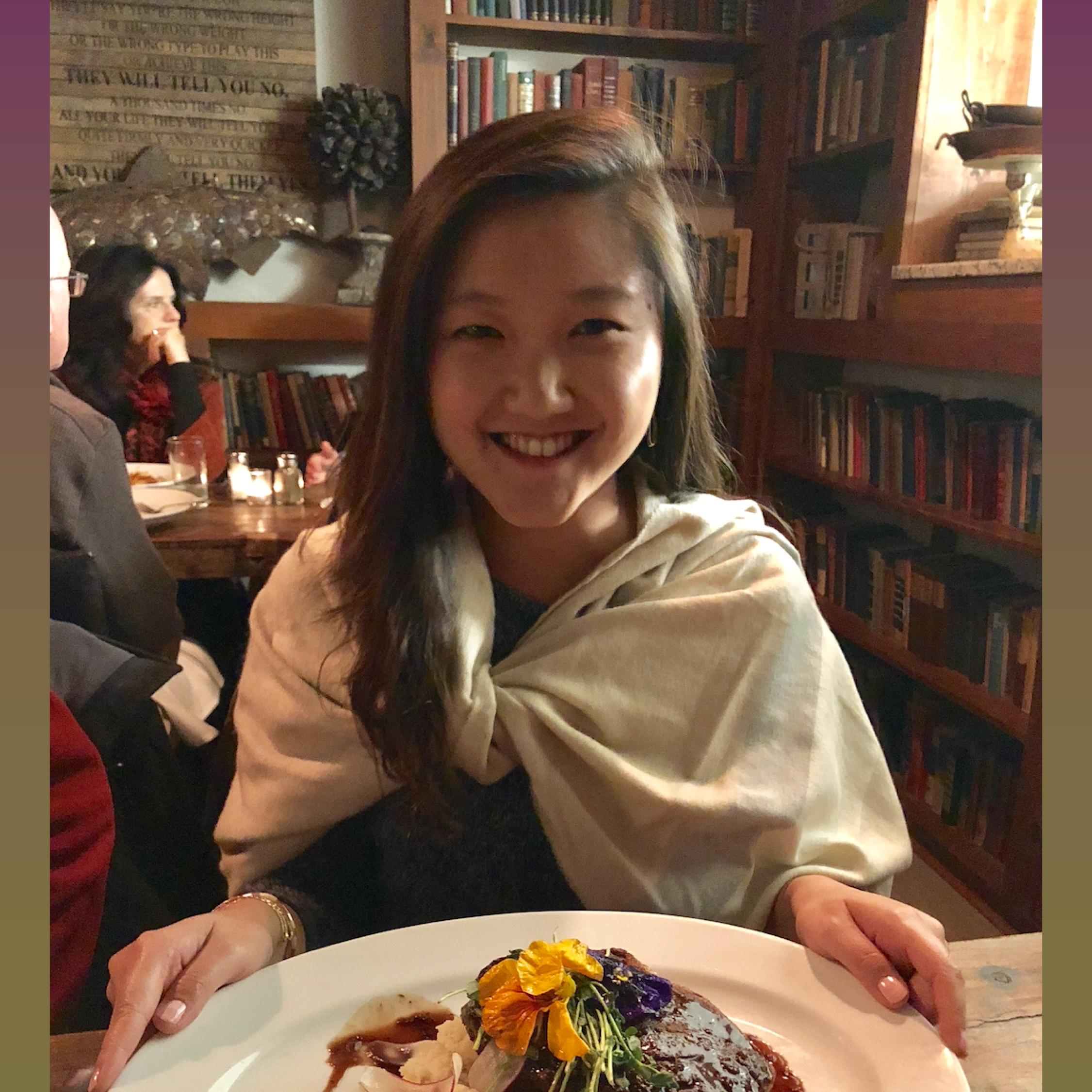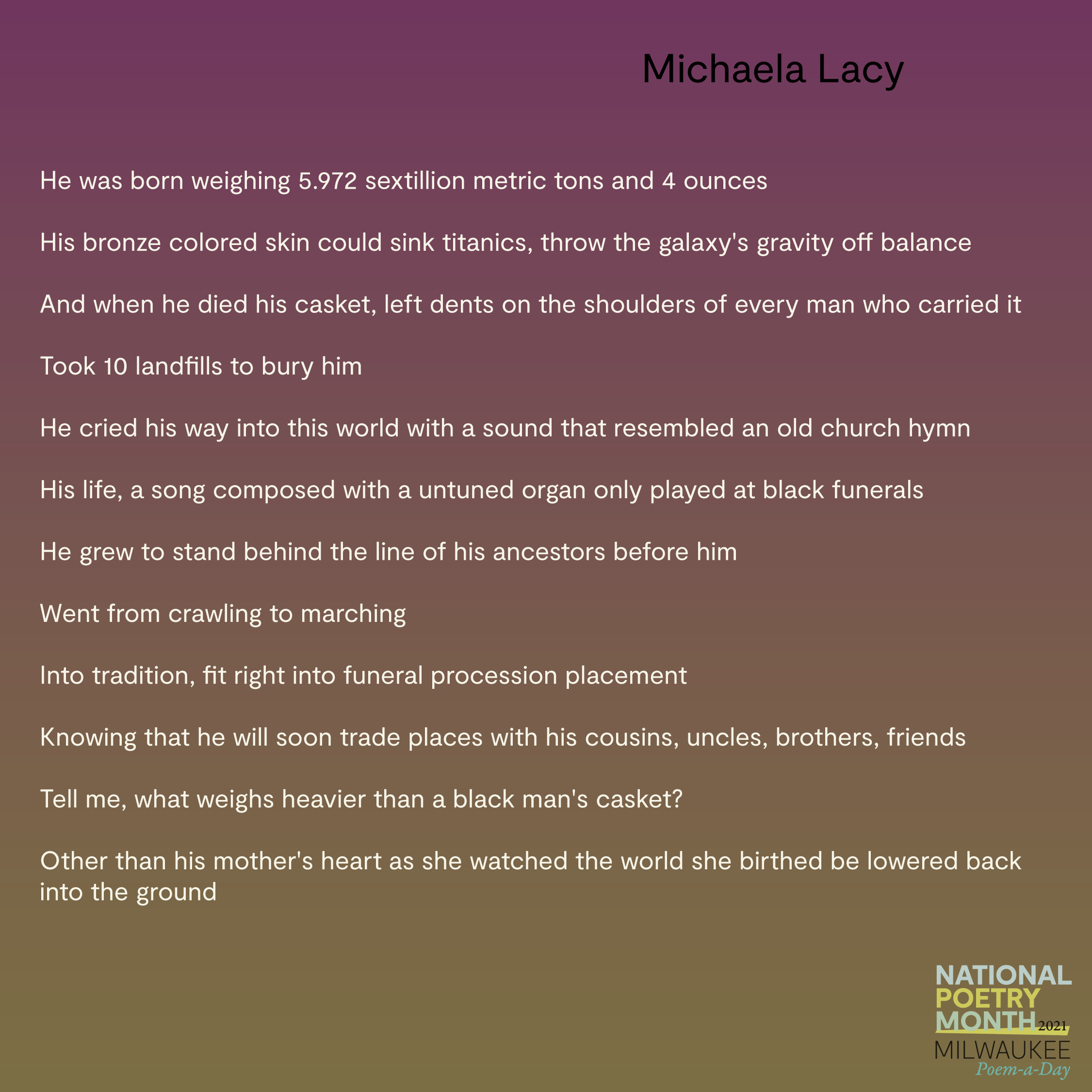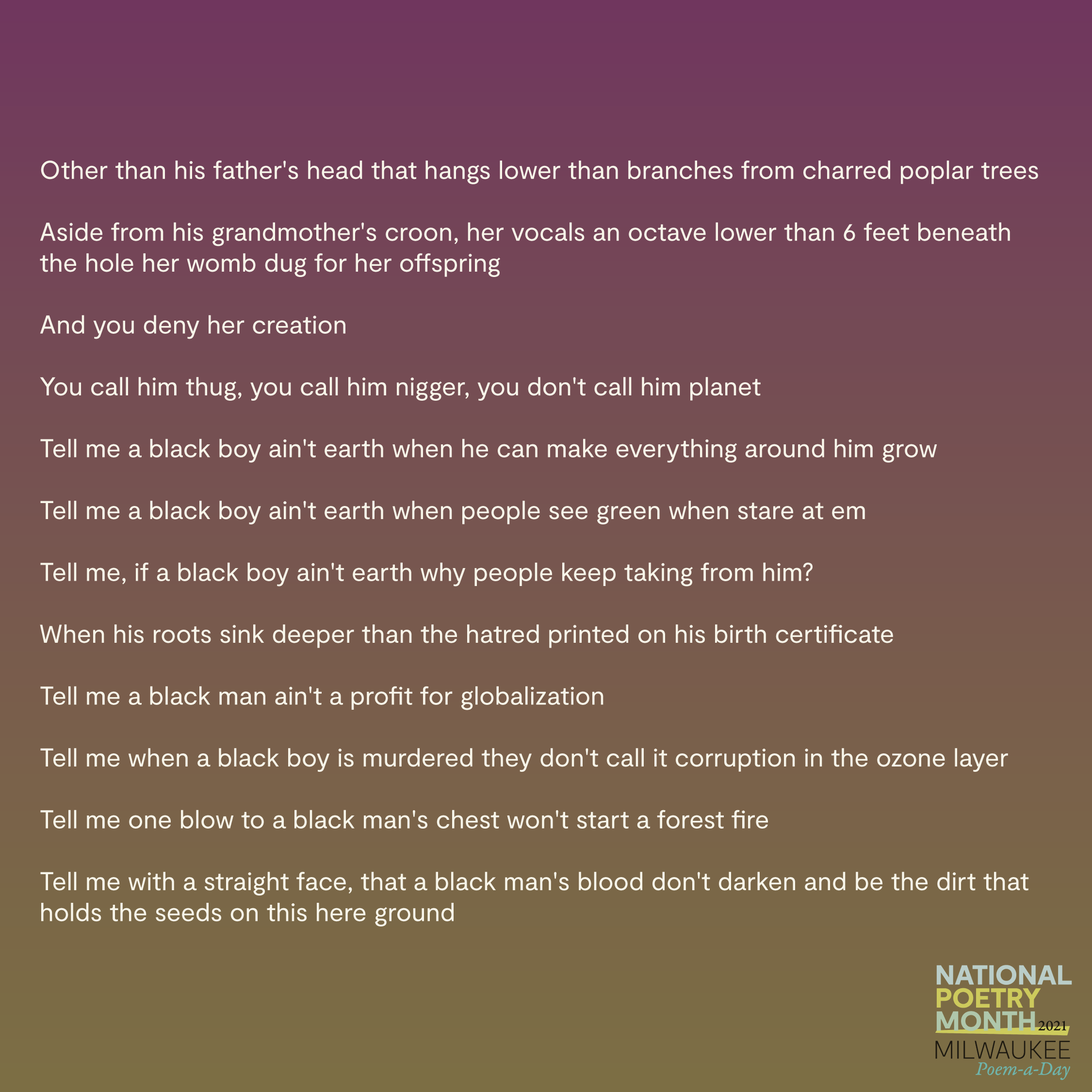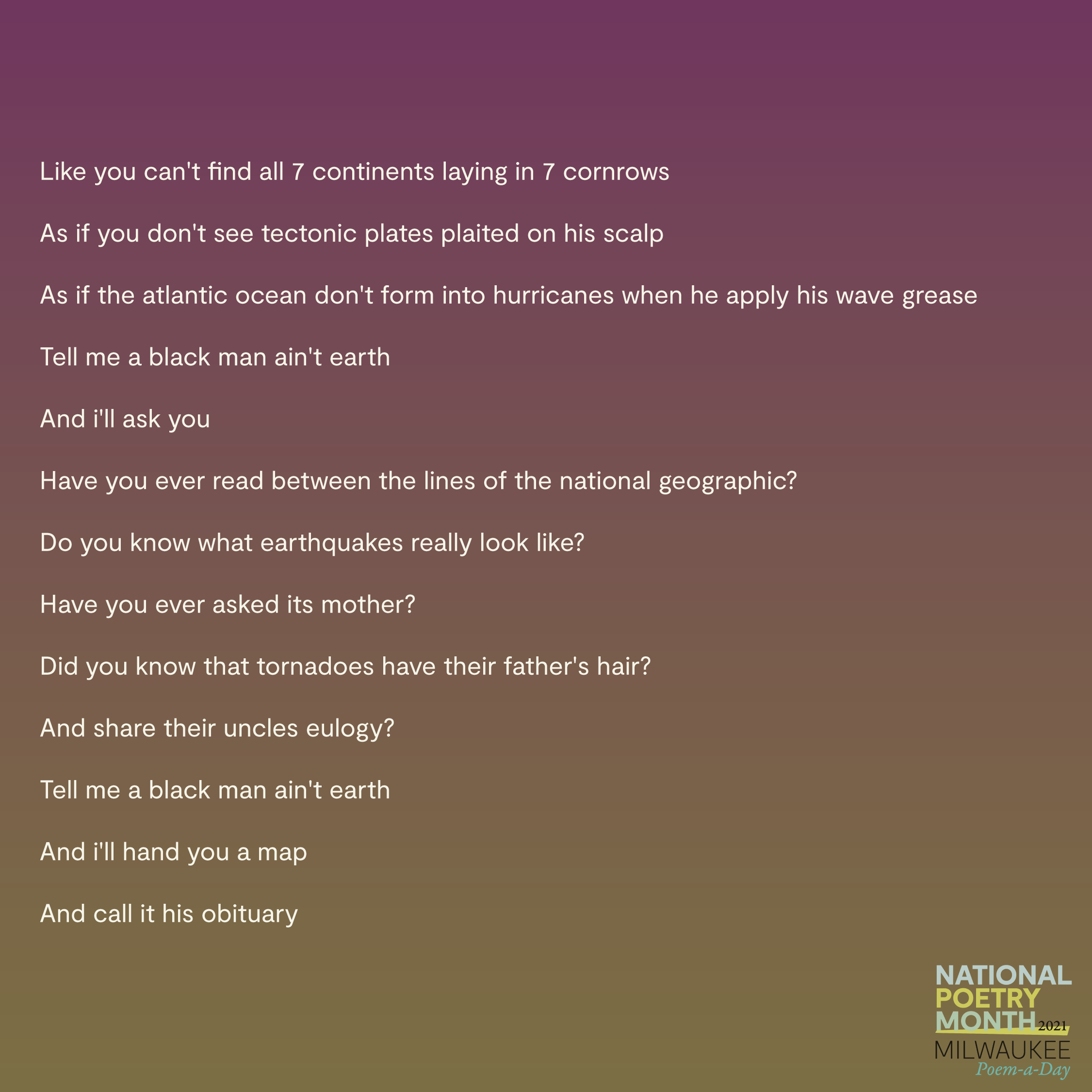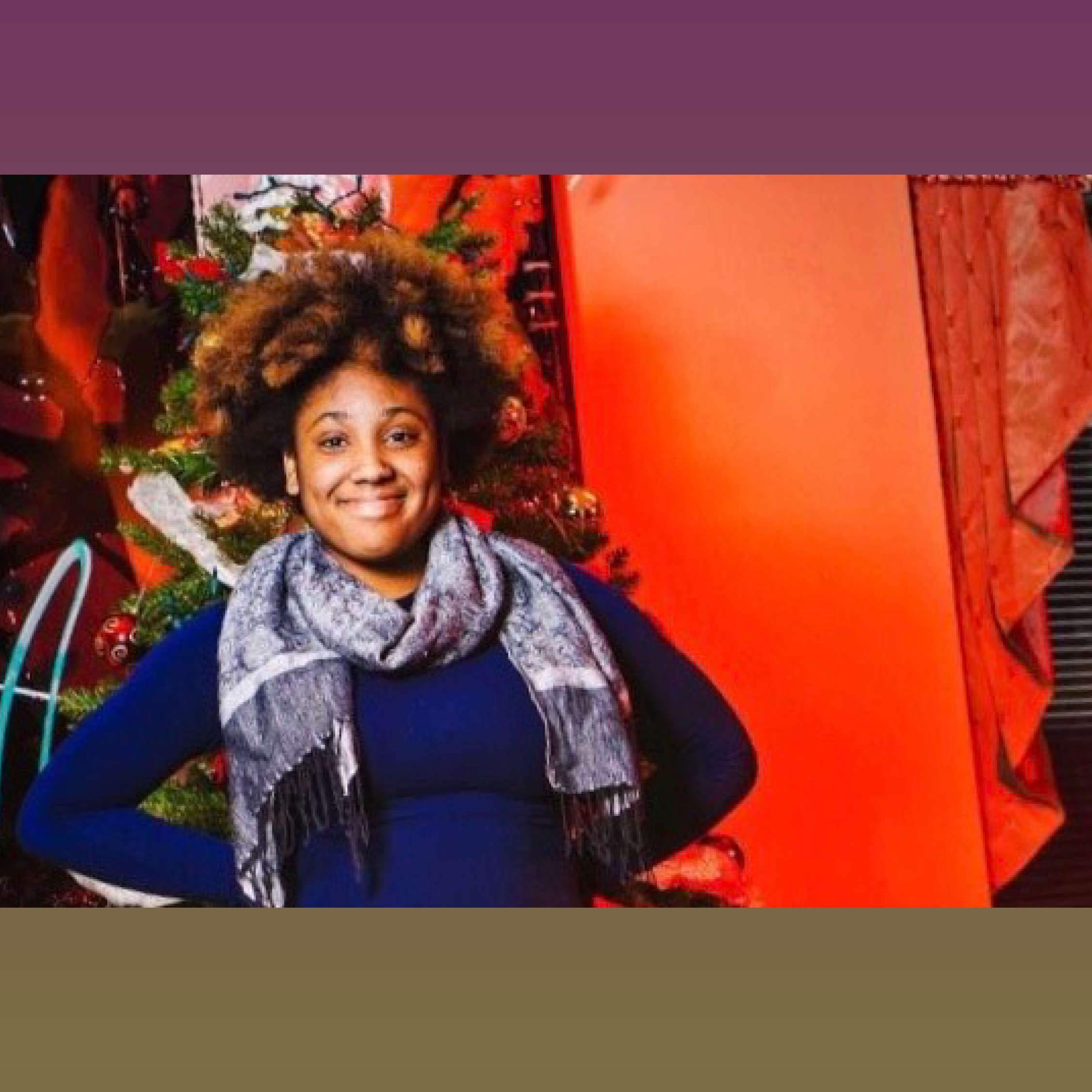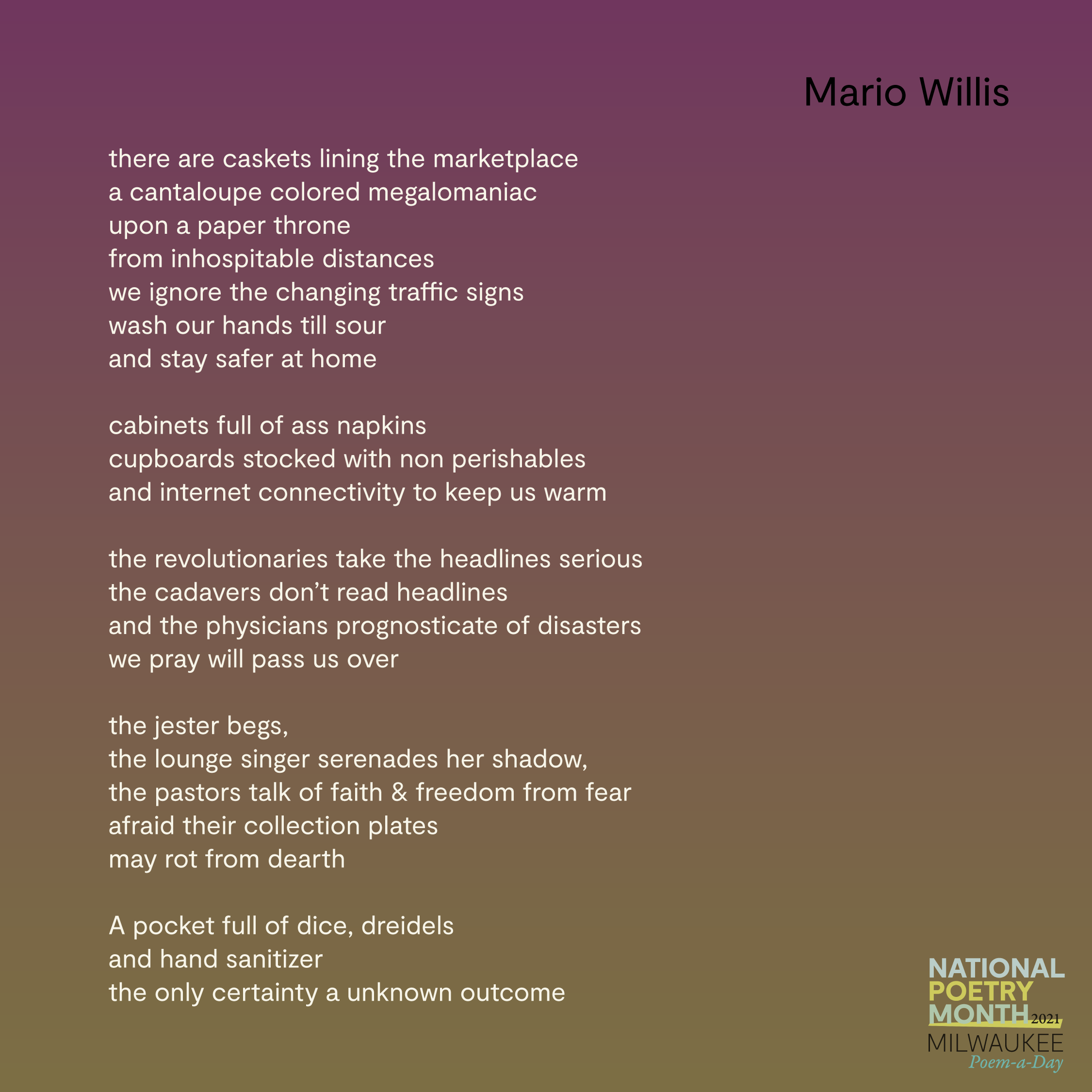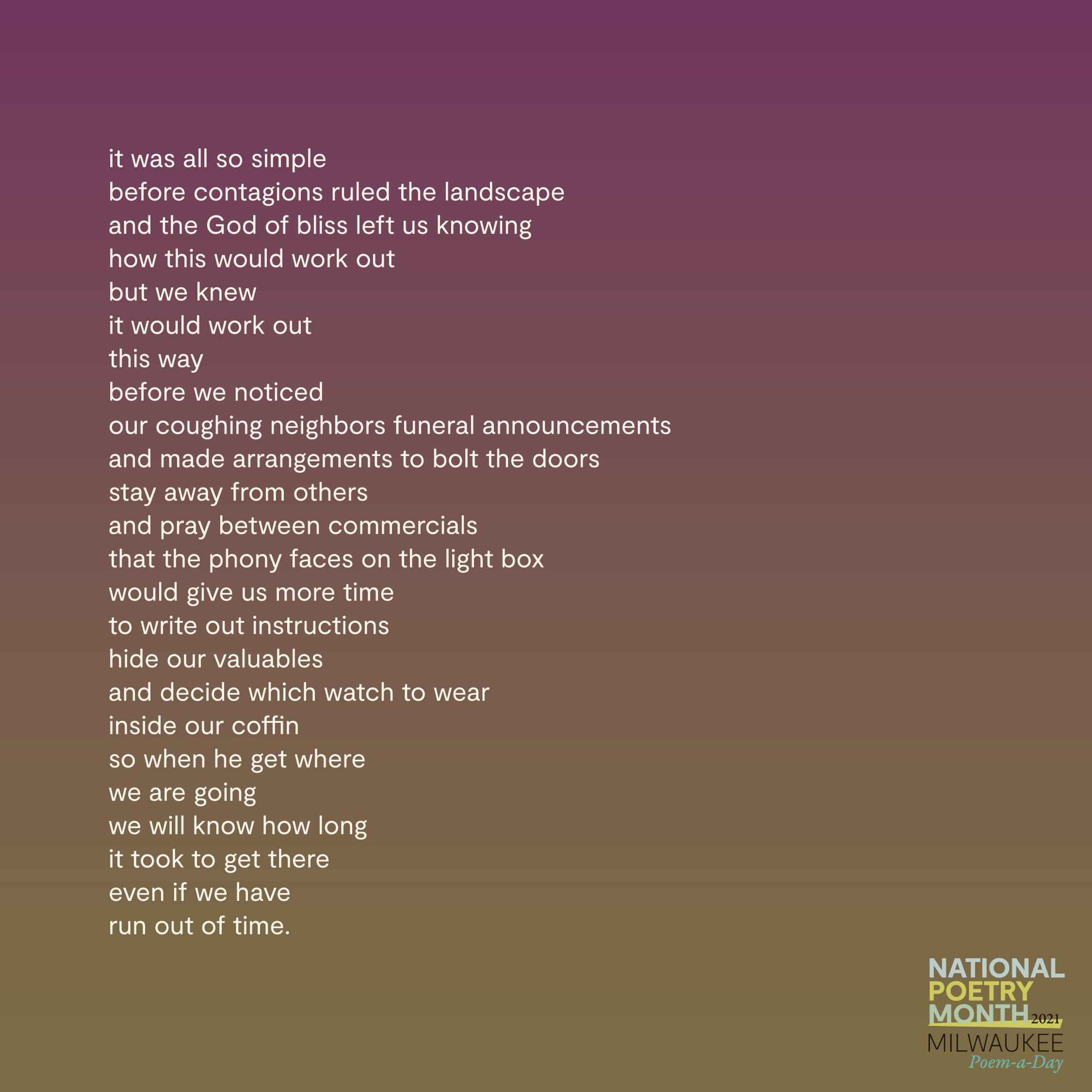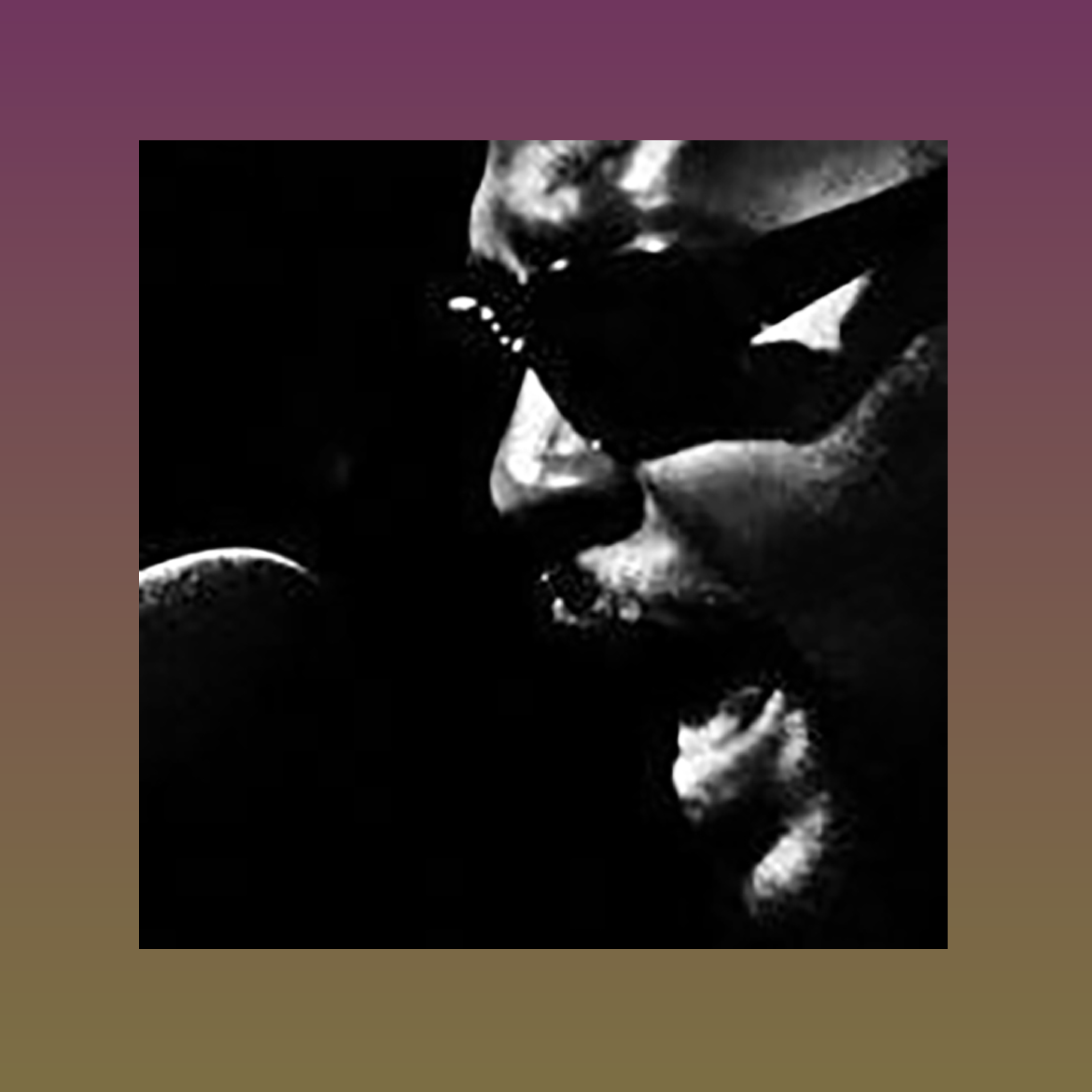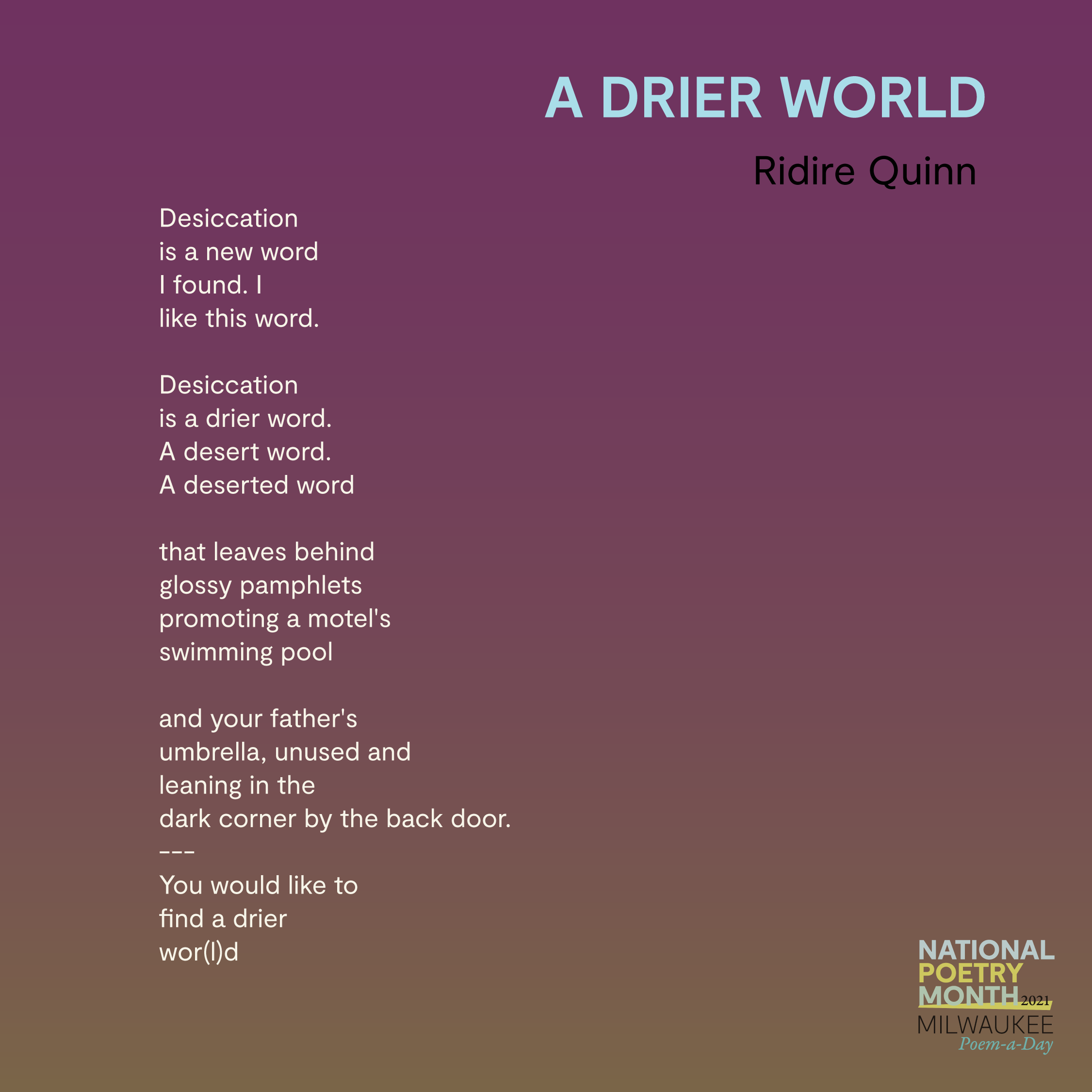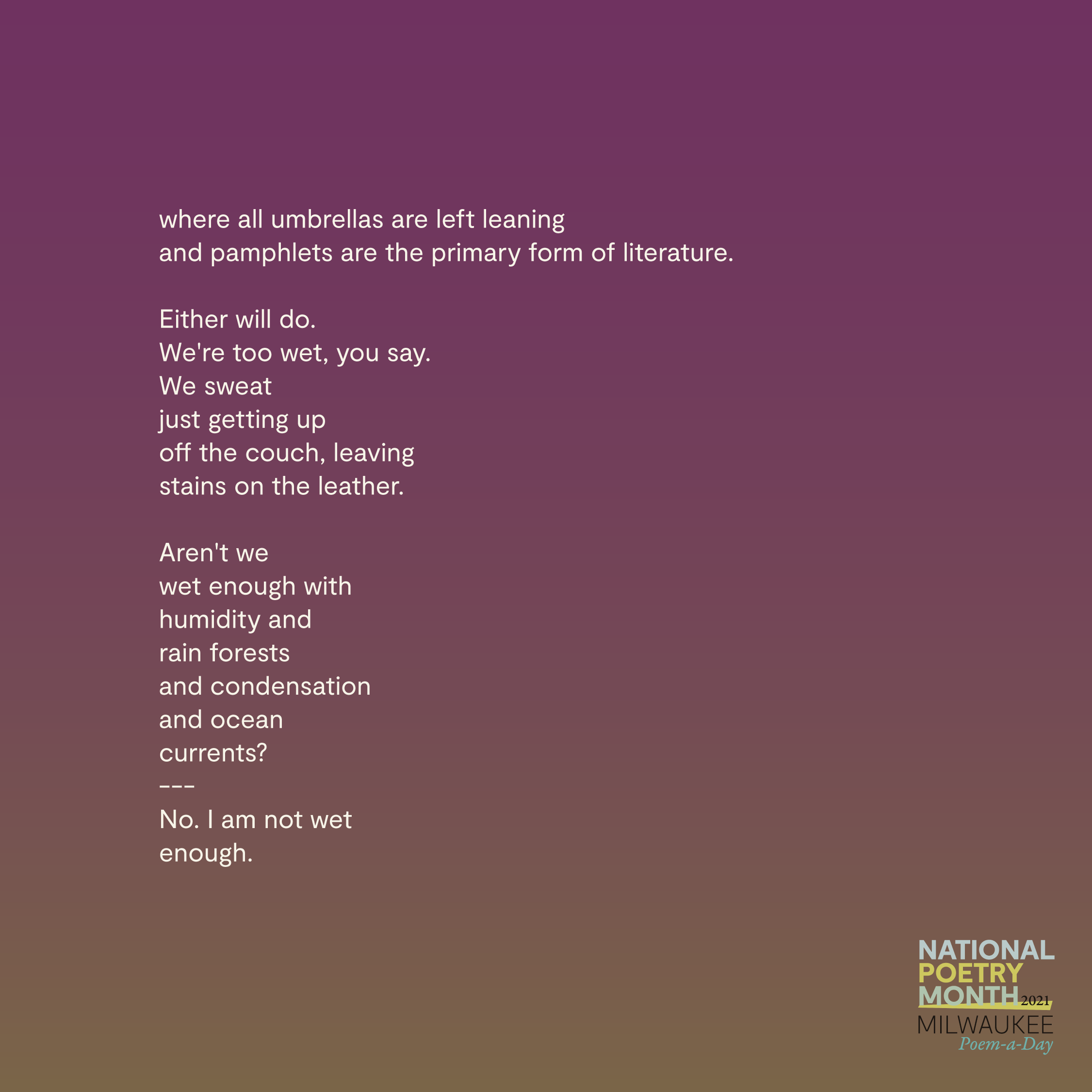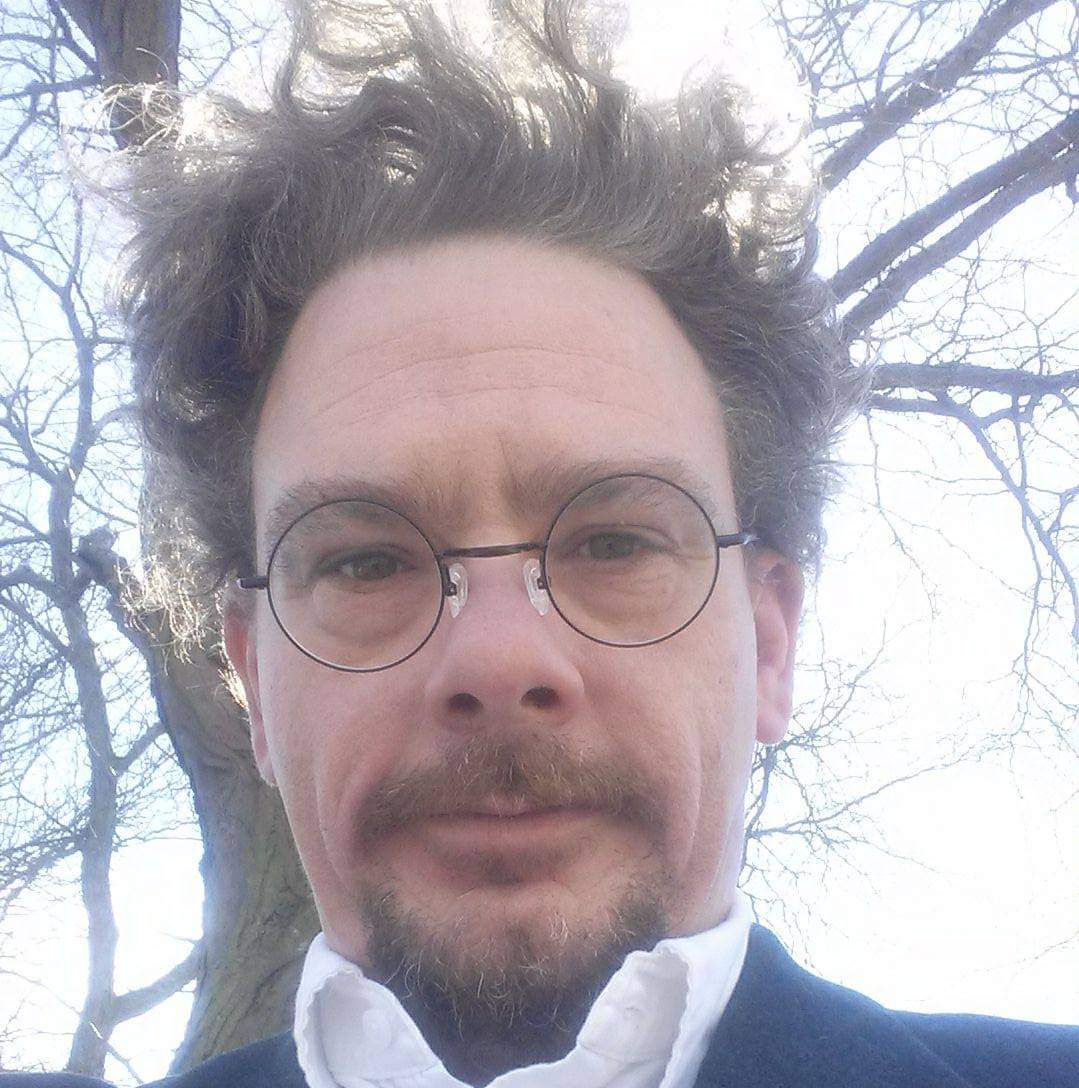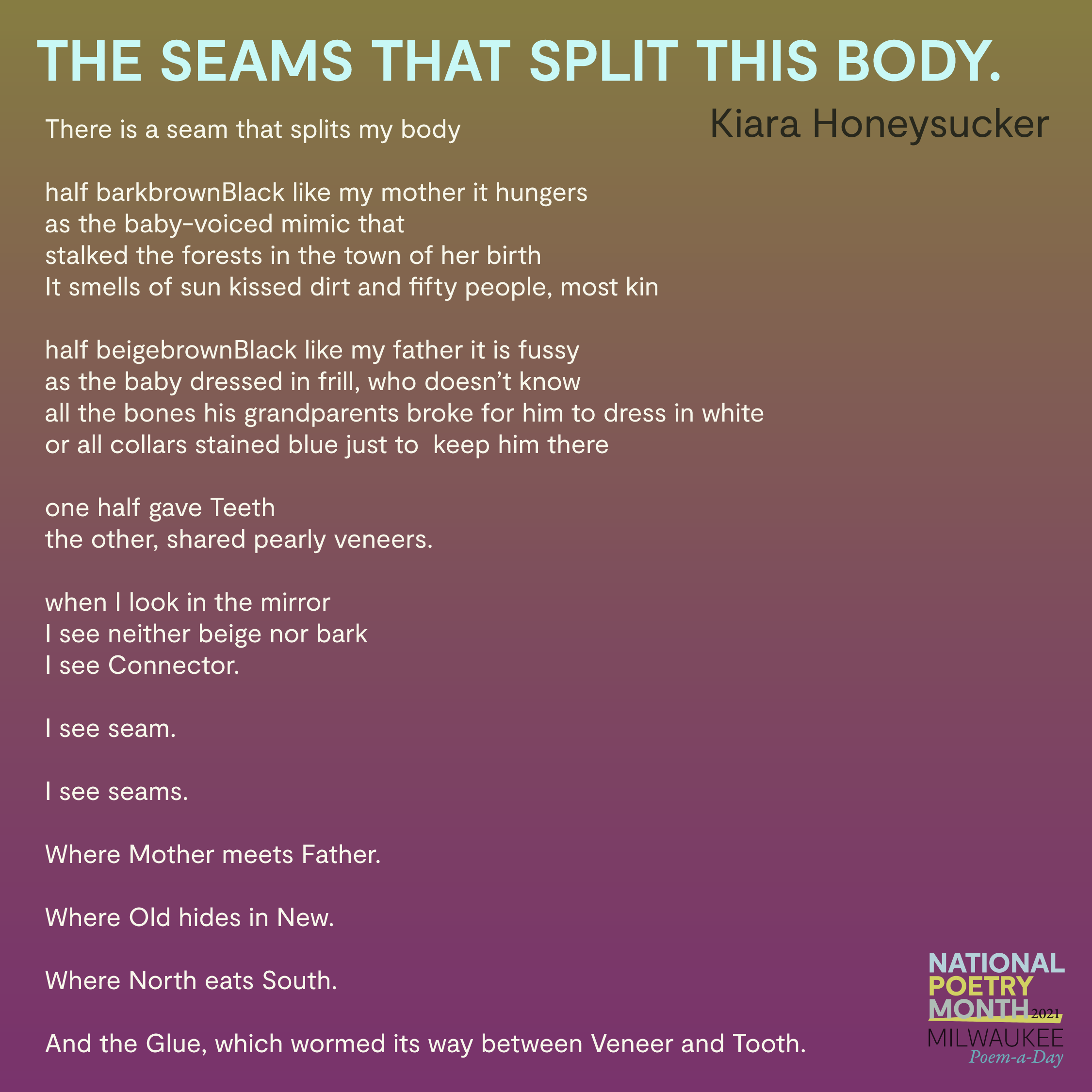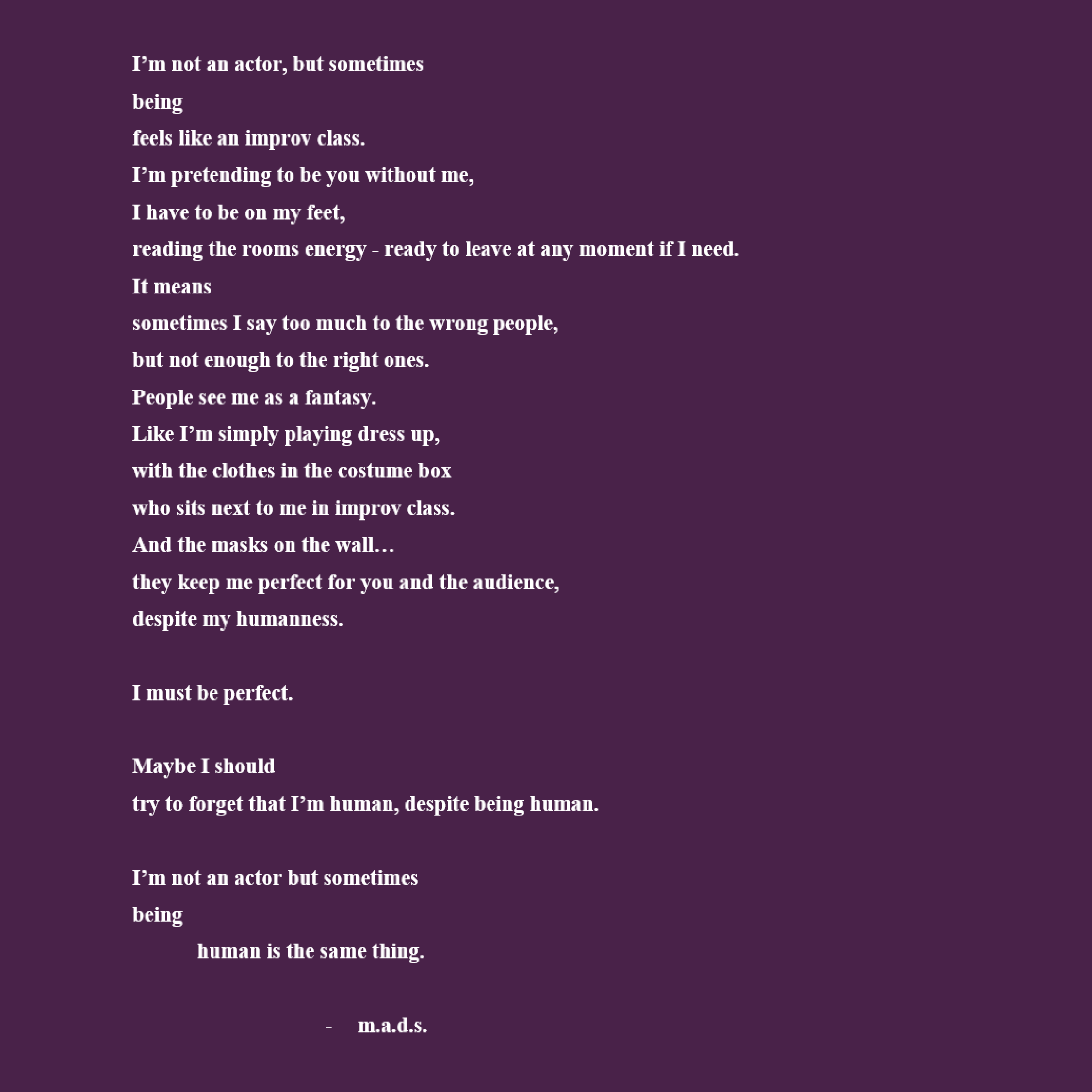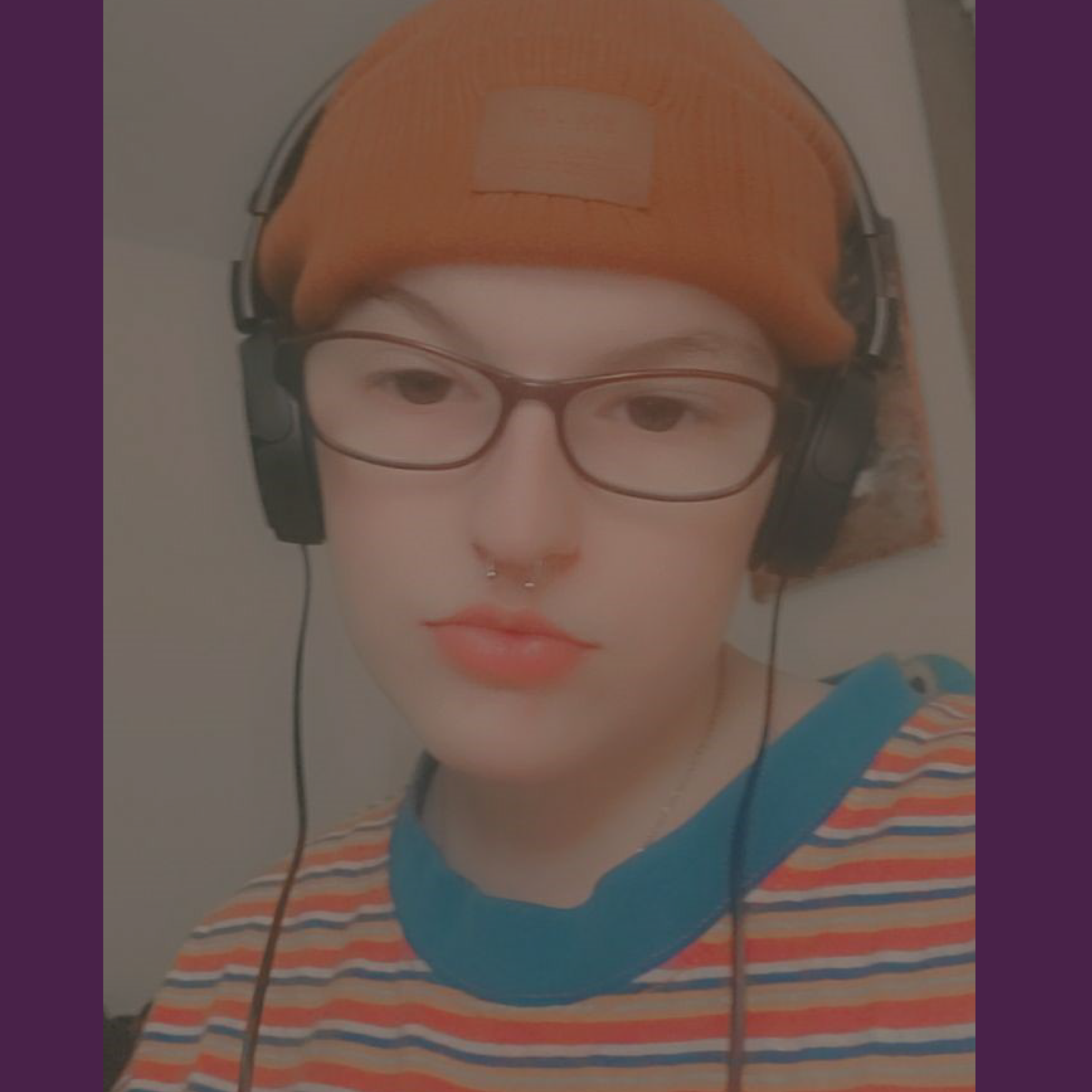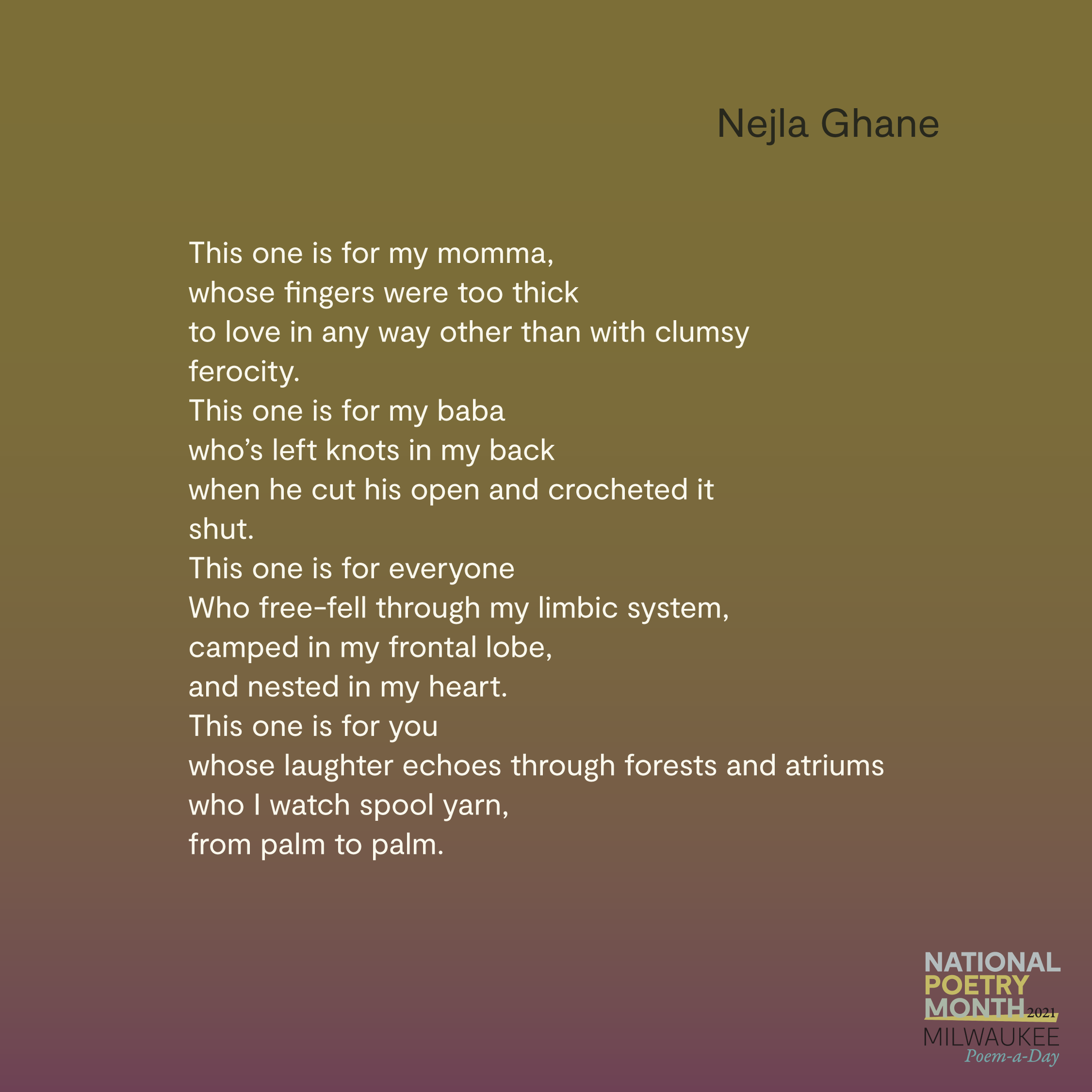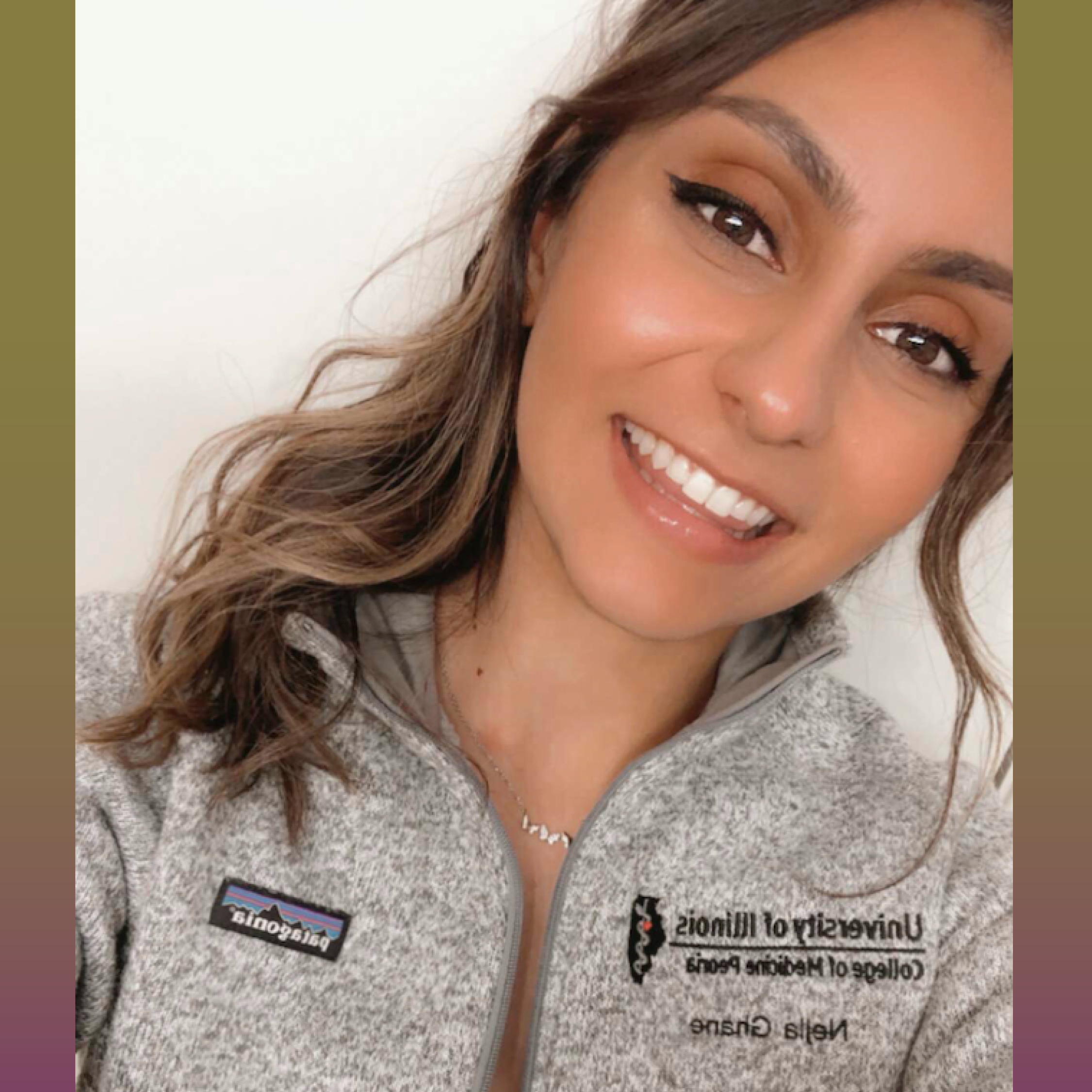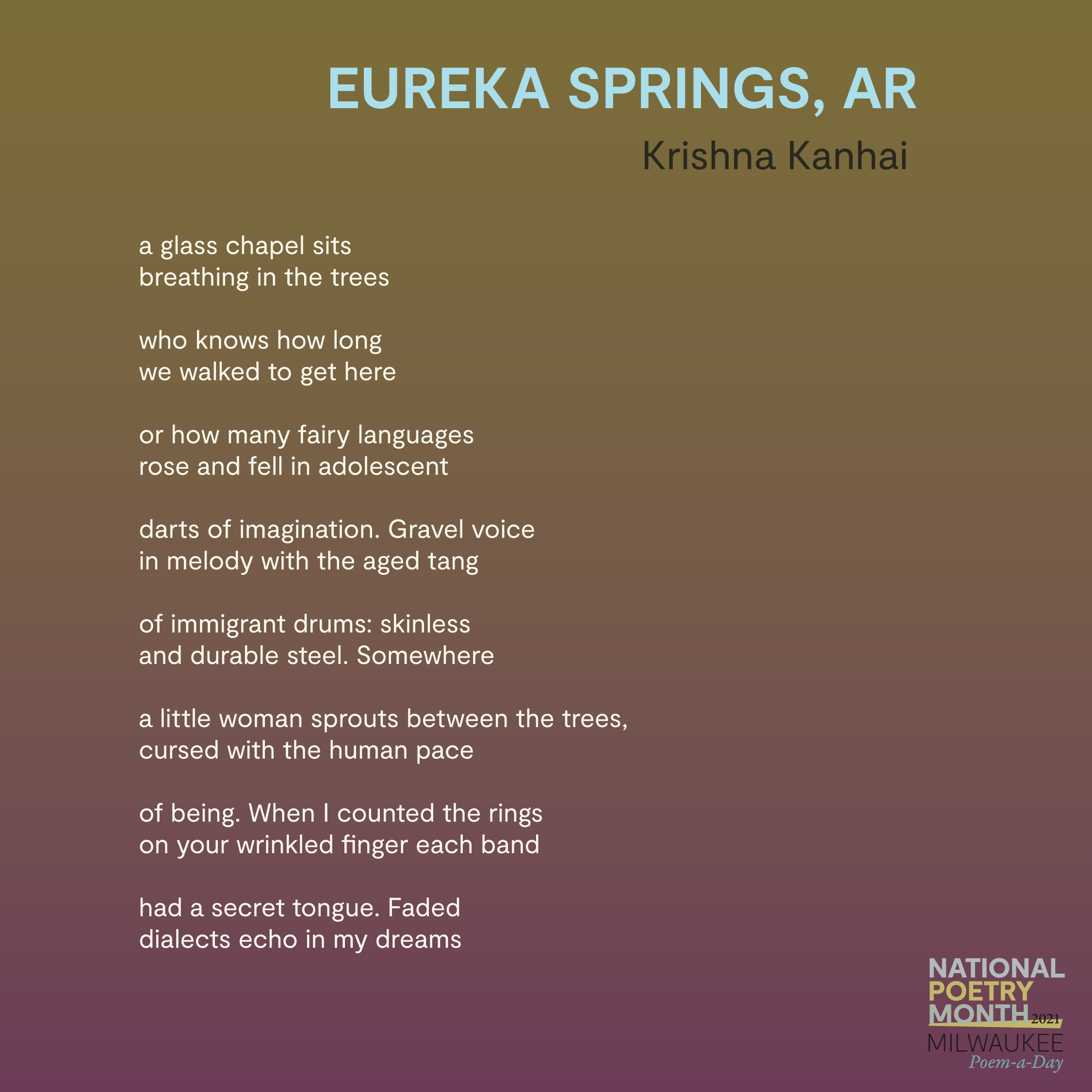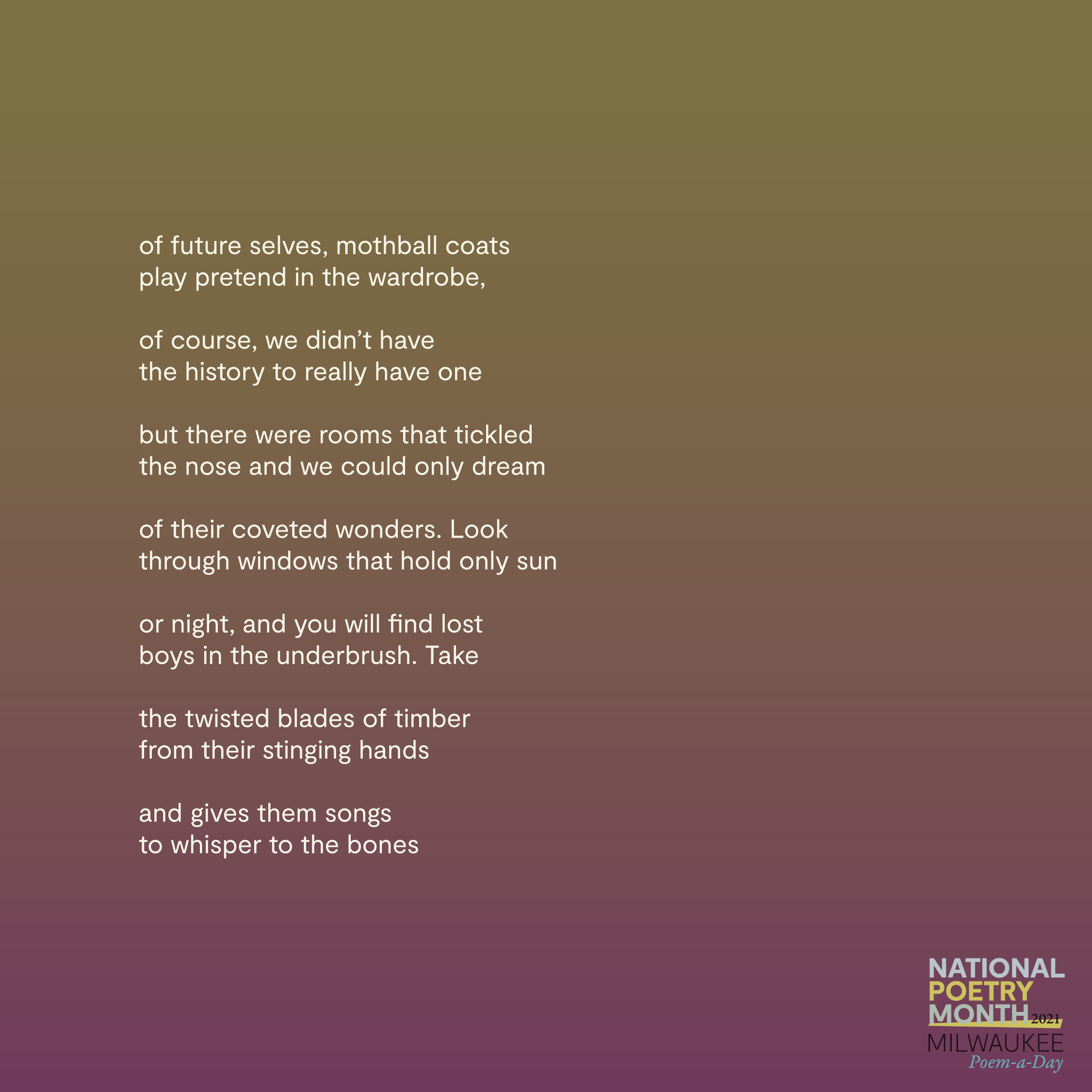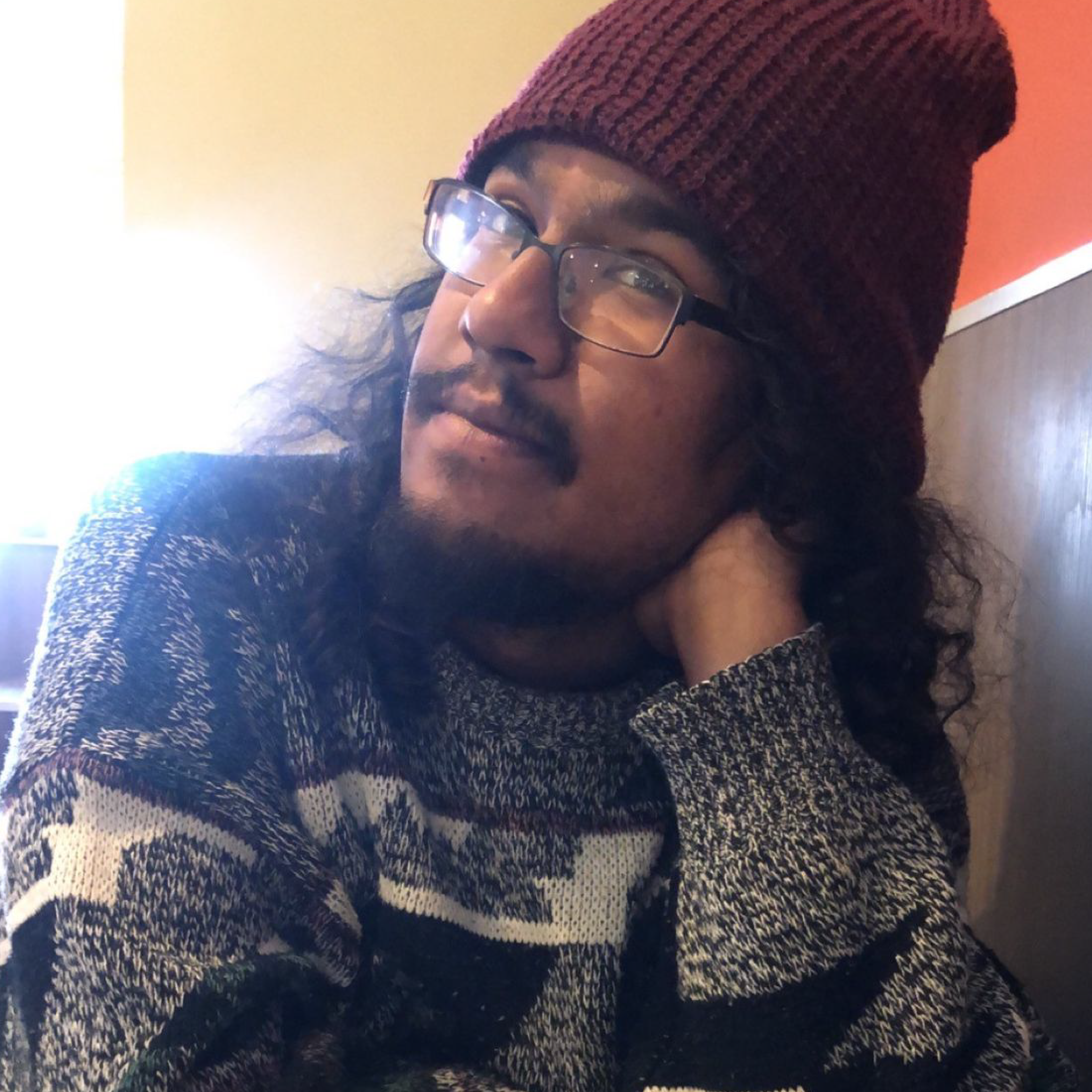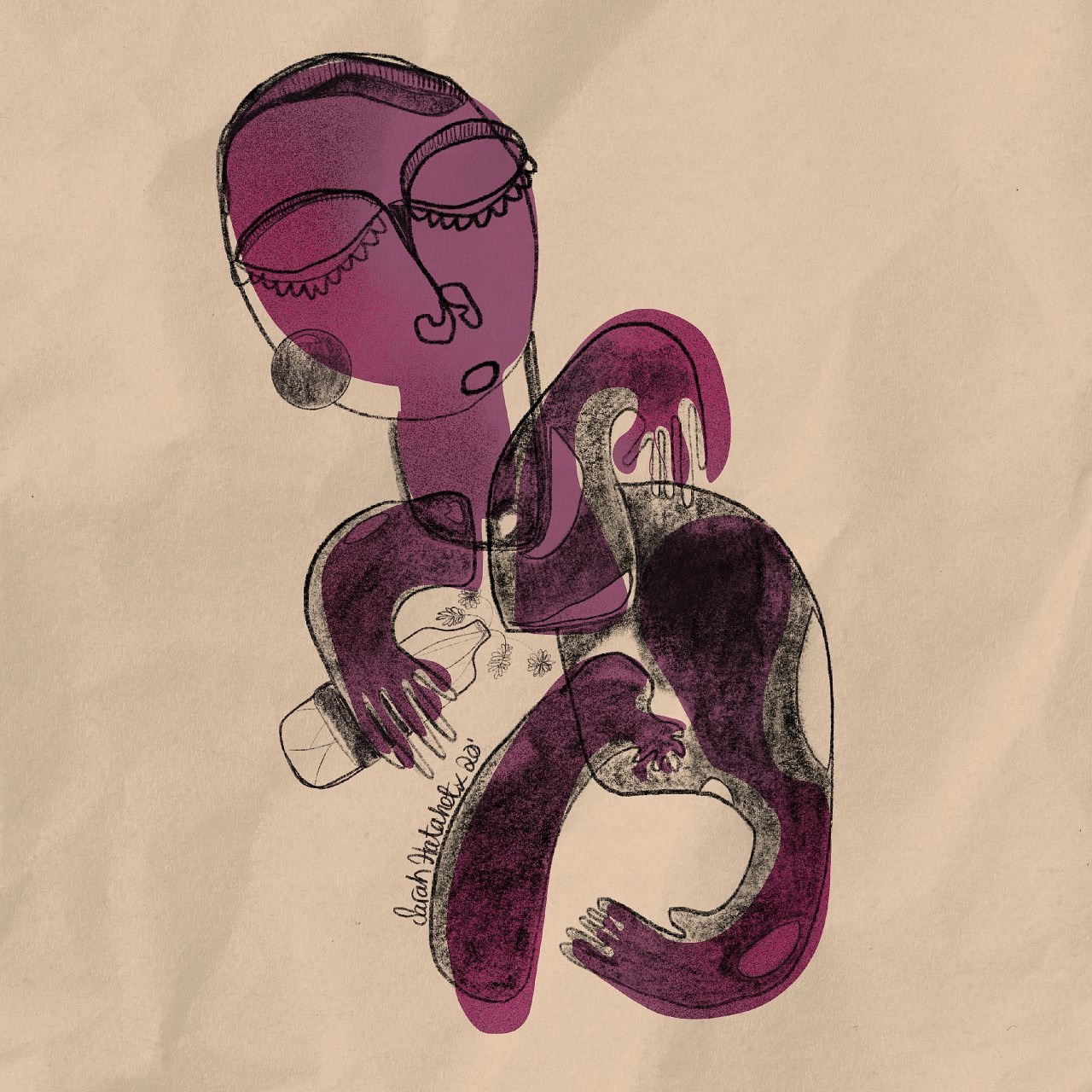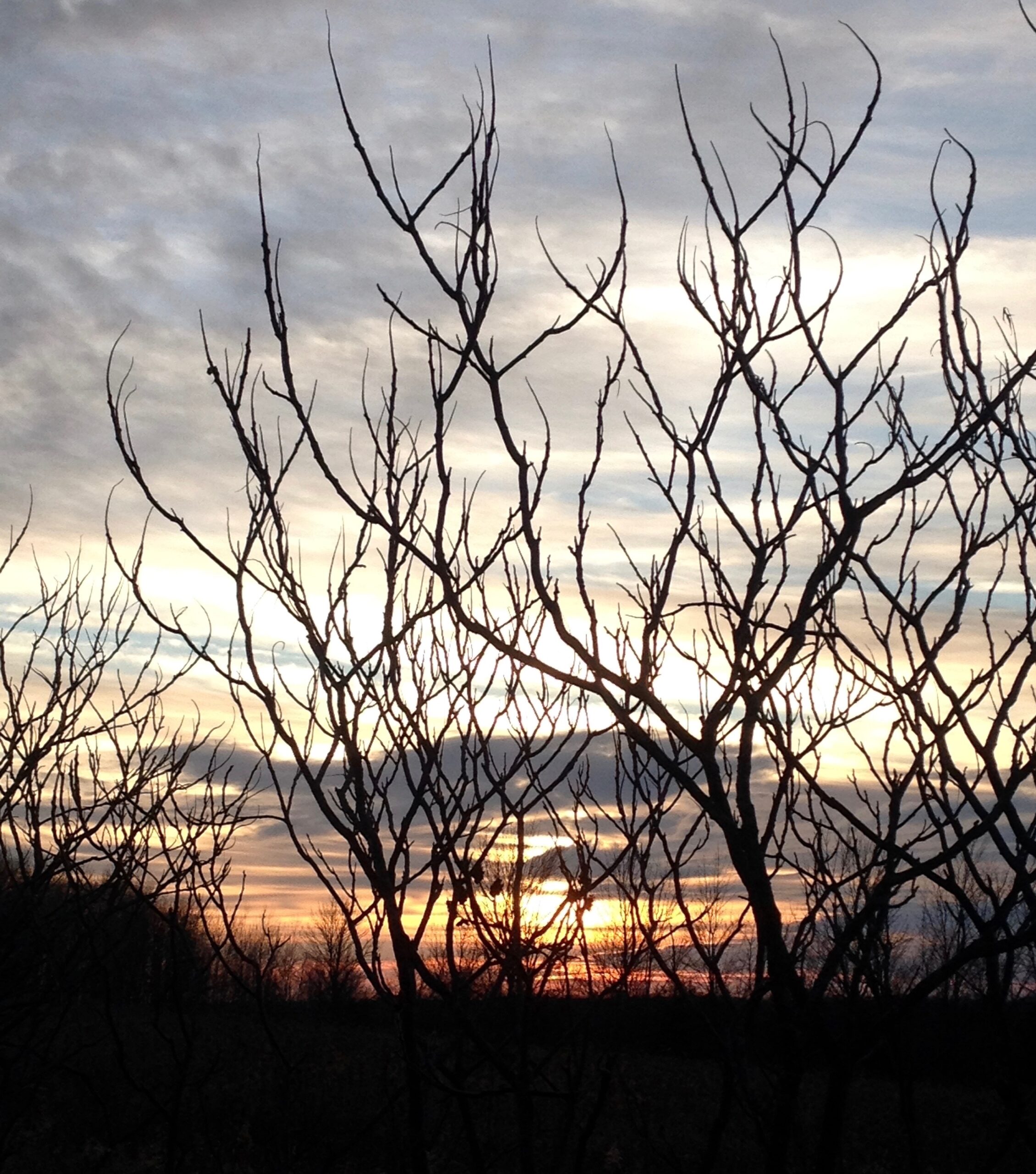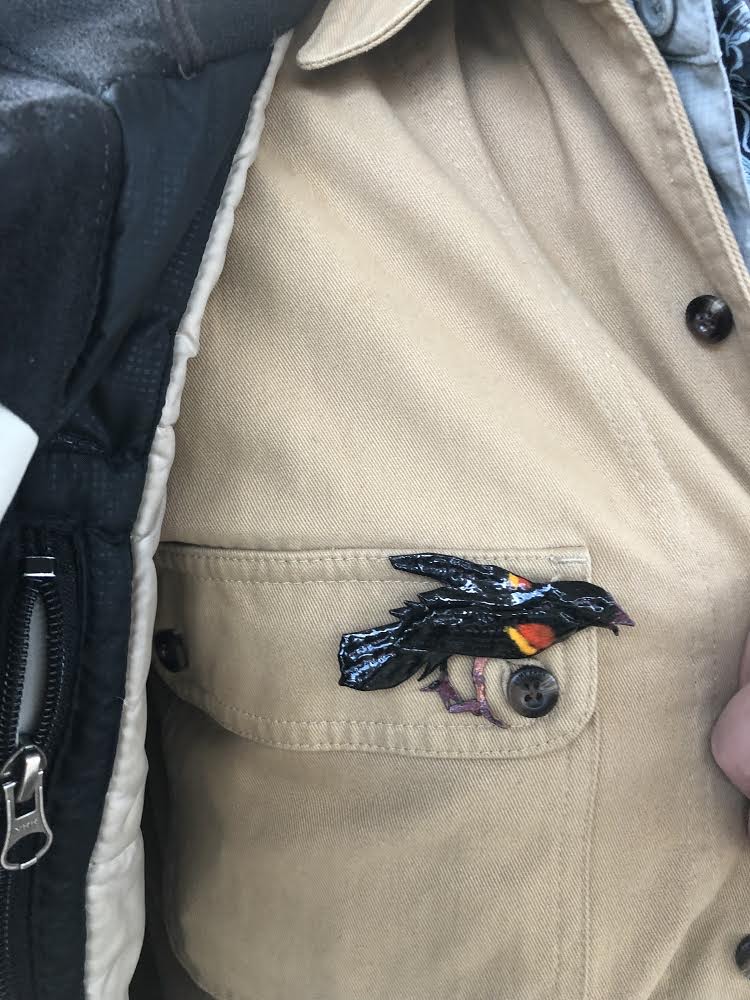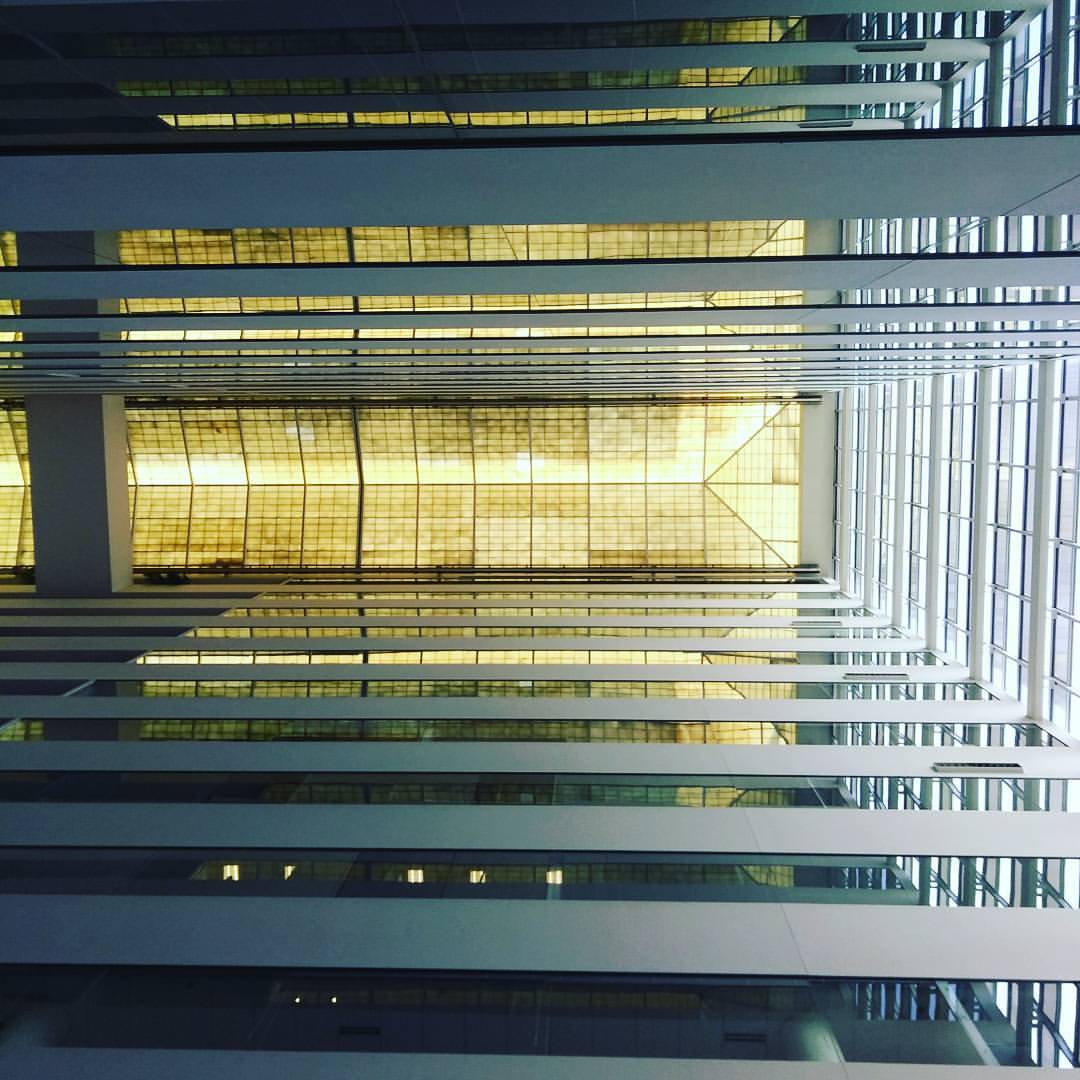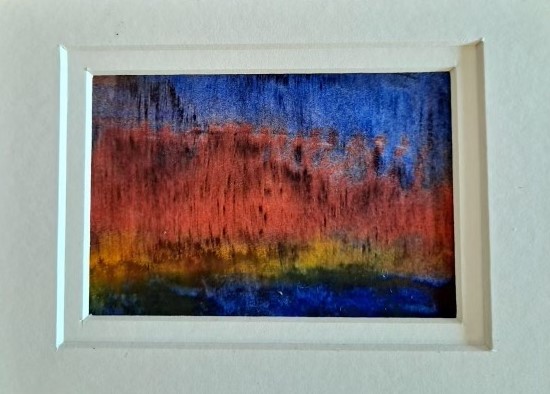Milwaukee Poem a Day 2021
In celebration of National Poetry Month, we have teamed up with four Milwaukee poet-curators—Mauricio Kilwein Guevara, Parker Weaver, Sue Blaustein, and Elias Sepulveda—to help us showcase some of the incredible talent found in our home city. Throughout the month of April, we will be presenting 28 Milwaukee poets, posting poems and videos daily to social media, with weekly roundups sent via our e-newsletter and available on our website.
JOYCE WILLIAMS | Week 4—curated by Elias Sepulveda
My name is Joyce Williams, I am Puerto Rican (Taino), Indigenous (Oneida, Ojibwe, and Mohican), and African American. I was raised here in Milwaukee my whole life, and have been writing since I can remember. Reading and writing has always brought me comfort and helped me to cope with everyday things. My hope is to publish multiple collections and touch the lives of each person who reads my work. My spirituality, culture, and love for education play a huge part in my work. Thank you for this opportunity to share some of my words and thoughts!
4 Directions // 🤍: Our relatives to the north must humble themselves and re-learn their histories with new eyes. They must heal from the inside out and seek peace in the present. There’s no such thing as scarcity, we only take what we need; no point in being greedy. Our relatives to the north must remember to be thankful for all that we have. // 💛: Our relatives to the east must remember to take time and help care for themselves. They must help themselves first before anyone else. They must return to their mother and practice their ways of meditation; remind us that all is connected. We are all and nothing all at once, our health is in our thoughts. // ❤️️: Our people must remember who they are; they come from Mother Earth and Father Sky. We know the medicines, ceremonies and languages. Creator gifted us the ability to heal. We are warriors, we are still here! We must come together and forget about borders. The Eagles and the condors, we must help reclaim our nations. // 🖤: Our relatives to the west must remember their strength. They must remember they come from a land full of life and it’s their right to conquer it. They must remember to love and honor one another and rebuild the dreams of their grandfathers. They are the true warriors and protectors. // 4 directions, 4 colors, 4 nations. // One Mother under Creator.
BRENDA CÁRDENAS | Week 4—curated by Elias Sepulveda
Brenda Cárdenas’ books and chapbooks include Boomerang (Bilingual Press); Bread of the Earth/The Last Colors with Roberto Harrison; Achiote Seeds/Semillas de Achiote with Cristina García, Emmy Pérez, and Gabriela Erandi Rico; and From the Tongues of Brick and Stone (Momotombo Press). She also co-edited Resist Much/Obey Little: Inaugural Poems to the Resistance (Spuyten Duyvil Press) and Between the Heart and the Land: Latina Poets in the Midwest (MARCH/Abrazo Press). Cárdenas’ work has appeared or is forthcoming in POETRY, Latino Poetics: The Art of Poetry, Grabbed: Take Back the Narrative, Through This Door: Wisconsin in Poems, Court Green, Ghost Fishing: An Eco Justice Anthology, The Wind Shifts: New Latino Poetry, and many others. Cárdenas has served as Milwaukee’s Poet Laureate, co-taught the inaugural workshop for Letras Latina’s Pintura:Palabra: A Project in Ekphrasis, and is Associate Professor of English at the University of Wisconsin–Milwaukee.
SEANYEN LEE | Week 4—curated by Elias Sepulveda
BRIAN SKELTON | Week 4—curated by Elias Sepulveda
Learning to Spell // For my son, Jesse, and my stepson, Zane, who accused their 2nd grade teacher of being “sexist” because the boys never passed their spelling tests. And for me, because I never passed my spelling tests, either. And come to think of it, neither did most of our 1976 second-grade class at Koenig Elementary. // One person who can go to H$!! is Mr. Lewondowski. If you passed his second-grade spelling / test with a 100, you got to choose from the candy hat: // root beer barrels, peppermints, and yellow cellophane butterscotch moons. // We hardly ever did. Yet, that hat still circulated around the room / for the occasional lucky bastard and for Mr. Lewondowski to watch / our forlorn faces as we passed the cornucopia aisle after aisle. // A course/coarse reminder—"I” before “E” except after “C” / Deceived, our second grade threw caution into mustard-seed winds. Winds so strong, we hoped it burned his eyes. And then we damned him. We were hell cats boycotting brown sugars and choking hazards. We had it with root beer barrels, too. And the bullshit of second grade. “Walk the hell on out of here,” we thought. The bell rang, and we were dismissed by our spelling scores. We would try again tomorrow because that was our modus operandi. And failing was for the weak. // We would take our chances.
ROBERTO HARRISON | Week 4—curated by Elias Sepulveda
Roberto Harrison's poetry books include Tropical Lung: Mitologia Panameña (Nion Editions, 2020), Yaviza (Atelos, 2017), Bridge of the World (Litmus Press, 2017), culebra (Green Lantern Press, 2016), bicycle (Noemi Press, 2015), Counter Daemons (Litmus Press, 2006), and Os (subpress, 2006), as well as many chapbooks. His Tropical Lung: exi(s)t(s) is due out from Omnidawn in the spring of 2021. He was the Milwaukee Poet Laureate for 2017–19 and is also a visual artist. He lives in Milwaukee with his wife, the poet Brenda Cárdenas.
SU CHO | Week 4—curated by Elias Sepulveda
Su Cho is a poet and essayist based in Milwaukee, Wisconsin. Her essay "Cleaving Translation" won Sycamore Review's Nonfiction Prize and was nominated for a Pushcart Prize. Her work can be found in GEN Medium, Black Warrior Review, New England Review, Poetry, Gulf Coast, Southeast Review, Best American Poetry 2021, and elsewhere. Follow her on Twitter @su__cho or go to www.suchowrites.com for more.
How to Say Water // Pucker your lips like a fish, your tongue / a cautious eel, pushing its head / to the roof of your mouth. // Breathe through your nose as you practice / the silence of this exercise. / Don’t bite yourself // trying to make water with sounds of agreement / from your chest. Yes, that mm— / simultaneously creates // a small gap between those tense lips. / Tilt your head back, a finger / on your throat. // Please, start from the top and try to follow / along. I wish you could borrow / my body to say water. // This is the easiest way I can help you say 물 / because I could never help my parents / say girl, ice cream, parfait.
THOMAS KRAJNA | Week 3—curated by Sue Blaustein
I am a multimedia creator currently attending the University of Milwaukee Peck School of the Arts for Design. My work re-imagines my daily reality through cognitive estrangement. I see my artwork as a series of self-reflections; the fleeting manifestations of potential futures. I create abstractly using automatism and deliberately suppress conscious, aesthetic decisions. I intuitively pull subconscious insecurities out of the English language. This results in the progression of ephemeral renditions of self.
MICHAELA LACY | Week 3—curated by Sue Blaustein
Michaela Lacy is a writer born in the city of Milwaukee. Michaela started writing at the age of 11 and uses her passion as a platform to have conversations and make space for others voices to be heard. Michaela is currently serving as a second year fellow at Public Allies, a Community Connector/Radio show host for Ex Fabula and a cohort member at Diverse and Resilient. Her work has been published in many anthologies and will soon be available to purchase. If you’d like to see her written works please feel free to follow her blog, Black Wounds and Aloe Vera.
He was born weighing 5.972 sextillion metric tons and 4 ounces / His bronze colored skin could sink titanics, throw the galaxy's gravity off balance / And when he died his casket, left dents on the shoulders of every man who carried it / Took 10 landfills to bury him / He cried his way into this world with a sound that resembled an old church hymn / His life, a song composed with a untuned organ only played at black funerals / He grew to stand behind the line of his ancestors before him / Went from crawling to marching / Into tradition, fit right into funeral procession placement / Knowing that he will soon trade places with his cousins, uncles, brothers, friends / Tell me, what weighs heavier than a black man's casket? / Other than his mother's heart as she watched the world she birthed be lowered back into the ground / Other than his father's head that hangs lower than branches from charred poplar trees / Aside from his grandmother's croon, her vocals an octave lower than 6 feet beneath the hole her womb dug for her offspring / And you deny her creation / You call him thug, you call him nigger, you don't call him planet / Tell me a black boy ain't earth when he can make everything around him grow / Tell me a black boy ain't earth when people see green when stare at em / Tell me, if a black boy ain't earth why people keep taking from him? / When his roots sink deeper than the hatred printed on his birth certificate / Tell me a black man ain't a profit for globalization / Tell me when a black boy is murdered they don't call it corruption in the ozone layer / Tell me one blow to a black man's chest won't start a forest fire / Tell me with a straight face, that a black man's blood don't darken and be the dirt that holds the seeds on this here ground / Like you can't find all 7 continents laying in 7 cornrows / As if you don't see tectonic plates plaited on his scalp As if the atlantic ocean don't form into hurricanes when he apply his wave grease / Tell me a black man ain't earth / And i'll ask you / Have you ever read between the lines of the national geographic? / Do you know what earthquakes really look like? / Have you ever asked its mother? / Did you know that tornadoes have their father's hair? / And share their uncles eulogy? / Tell me a black man ain't earth / And i'll hand you a map / And call it his obituary
TERIMARIE DEGREE | Week 3—curated by Sue Blaustein
Poet Terimarie Degree grew up with both parents serving in the US Navy. This afforded the opportunity to live everywhere from southern California to unique locales such as the Aleutian Islands of Alaska. Those experiences supplied a foundation for reflections on faith, family, relationships, coming of age in the 1980s, the beauty found in the natural world and the role people have to care for it and one another. Terimarie has a number of poems published online as well as work in ten books: Permeable to the Year (2017), The Third Eye (2017), Where I Want to Live (2018), Secret Words Volume 4 (2019), On Environment (2019), Reflections (2020), Through this Door: Wisconsin in Poems (2020), Earth (2020), Femme Literarti: Mixtape Vol 2 (2020) and On the Front Lines: Behind the Lines (2021).
MARIO WILLIS | Week 3—curated by Sue Blaustein
Mario the Poet is a freelance writer and spoken word poet. He is a Milwaukee native and two-time member of Milwaukee’s National Slam Team. After many years in the business of spoken word he has had the pleasure of featuring throughout the Midwest & beyond.
there are caskets lining the marketplace / a cantaloupe colored megalomaniac / upon a paper throne / from inhospitable distances / we ignore the changing traffic signs / wash our hands till sour / and stay safer at home // cabinets full of ass napkins / cupboards stocked with non perishables / and internet connectivity to keep us warm // the revolutionaries take the headlines serious / the cadavers don’t read headlines / and the physicians prognosticate of disasters / we pray will pass us over // the jester begs, / the lounge singer serenades her shadow, / the pastors talk of faith & freedom from fear / afraid their collection plates / may rot from dearth // A pocket full of dice, dreidels / and hand sanitizer / the only certainty a unknown outcome / it was all so simple / before contagions ruled the landscape / and the God of bliss left us knowing / how this would work out / but we knew / it would work out / this way / before we noticed / our coughing neighbors funeral announcements / and made arrangements to bolt the doors / stay away from others / and pray between commercials / that the phony faces on the light box / would give us more time / to write out instructions / hide our valuables / and decide which watch to wear / inside our coffin / so when he get where / we are going / we will know how long / it took to get there / even if we have / run out of time.
MONICA THOMAS | Week 3—curated by Sue Blaustein
Monica Thomas is a special kind of butterfly. Her poems have appeared onstage, on YouTube, in art shows and eclectic journals, on postcards and coffee cup sleeves, and on Post-It notes placed in bus shelters and Greek restaurant bathroom stalls. She is currently working in elementary education while starring in the movie of her own mind.
RIDIRE QUINN | Week 3—curated by Sue Blaustein
Ridire Quinn is a fabulist and a satyr of the Night Carnival. During the day, he teaches culinary arts. He lives in Milwaukee with his wife and two sons, one of which is now as tall as he is. His featured poem, “A Drier World,” is from his book Sometimes A Screech Owl (Vegetarian Alcoholic Press, 2018).
Desiccation / is a new word / I found. I / like this word. // Desiccation / is a drier word. / A desert word. / A deserted word // that leaves behind / glossy pamphlets / promoting a motel's / swimming pool // and your father's / umbrella, unused and / leaning in the / dark corner by the back door. / --- / You would like to / find a drier / wor(l)d / where all umbrellas are left leaning / and pamphlets are the primary form of literature. // Either will do. / We're too wet, you say. / We sweat / just getting up / off the couch, leaving / stains on the leather. // Aren't we / wet enough with / humidity and / rain forests / and condensation / and ocean / Currents? / --- / No. I am not wet / enough.
BRYON CHERRY | Week 3—curated by Sue Blaustein
Bryon Cherry is a poet and musician. He is the author of a chapbook of poetry, Funeral Journey (The Quail Press) and a full-length collection of poems, Ruins, Ruminations, and Rituals (Anarcho Welfare Press), both published in 2019. His work has also been featured in Return to the Gathering Place of the Waters Anthology (Vegetarian Alcoholic Press) as well as in South Florida Poetry Journal. Born and raised in Milwaukee, WI, he is of and shaped by his evolving home city. He is guided by what he considers to be magical forces— listening and love.
KIARA HONEYSUCKER | Week 2—curated by Parker Weaver
The seams that split this body. // There is a seam that splits my body // half beigebrownBlack like my father it is fussy / as the baby dressed in frill, who doesn’t know / all the bones his grandparents broke for him to dress in white / or all collars stained blue just to keep him there // one half gave Teeth / the other, shared pearly veneers. // when I look in the mirror / I see neither beige nor bark / I see Connector. // I see seam. // I see seams. // Where Mother meets Father. // Where Old hides in New. // Where North eats South. // And the Glue, which wormed its way between Veneer and Tooth.
MADS FRISKE | Week 2—curated by Parker Weaver
hi i'm mads!! i usually write songs, but i want to get better at writing poetry so thank you to WP for giving me this opportunity. my instagram is @melodramatic.musings if you want to find me there. i can't wait to read/hear everyone's stuff. :)
I'm not an actor, but sometimes / being / feels like an improv class. / I'm pretending to be you without me, / I have to be on my feet, / reading the rooms energy - ready to leave at any moment if I need. / It means / sometimes I say too much to the wrong people, / but not enough to the right ones. / People see me as a fantasy. / Like I'm simply playing dress up, / with the clothes in the costume box / who sits next to me in improv class. / And the masks on the wall… / they keep me perfect for you and the audience, / despite my humanness. // I must be perfect. // Maybe I should / try to forget that I'm human, despite being human. // I'm not an actor but sometimes / being / human is the same thing. — m.a.d.s.
NEJLA GHANE | Week 2—curated by Parker Weaver
Nejla Ghane is a 3rd year medical student who uses creative writing as an outlet to decompress after a long day of studying. She is a first generation Iranian-American and often explores the intersection of her cultures through her writing.
This one is for my momma, / whose fingers were too thick / to love in any way other than with clumsy / ferocity. / This one is for my baba / who's left knots in my back / when he cut his open and crocheted it / shut. / This one is for everyone / Who free-fell through my limbic system, / camped in my frontal lobe, / and nested in my heart. / This one is for you / whose laughter echoes through forests and atriums / who I watch spool yarn, / from palm to palm.
ALLISON FRISKE | Week 2—curated by Parker Weaver
Allison Friske wrote her first poem in 3rd grade about her family cat who was fat (you can guess how this poem went) and has been writing ever since. Her work has been published in Zany Mag and in the anthology War Crimes Against the Uterus published by Wide Eyes Publishing. When she isn't writing, she's trying to make it through grad school by caring for her dog and plants, escaping in a book, and daydreaming about pandemic-free travels.
ALEA MCHATTEN | Week 2—curated by Parker Weaver
Alea McHatten is a Black, Non-binary, Milwaukee native, poet, facilitator, and student of life. Their writings have granted them performances across the nation, have appeared online, and have made room for her in local headlines and international poetry competitions. Alea began their career in late 2010 and has yet to put down the pen. In 2021, Alea will release her latest work "Garden of Ghosts." Alea strives to shine a light on the gray areas of the human experience using her art as a platform to spark dialogue. As an educator, she guides others through discussion and creative rhetoric in effort to build dignity in community while gaining further understanding of self in relation to the world. It is their mission to bring people together to share in the commonwealth of knowledge and resources. Alea furthers her service through storytelling and theater with Ex Fabula and Renaissance Theaterworks. Alea’s motto is “if you wanna break a glass ceiling, you better bring a hammer.”
ISABELLA ROSE | Week 2—curated by Parker Weaver
Isabella Rose (she/they) is a Queer poet, photographer, and artist based out of Milwaukee, WI. Isabella uses their poetry as a means to express themself's freely, without any rules or boundaries. They find themselves drawn to write on themes of nature and spirituality as it relates to their everyday life.
KRISHNA KANHAI | Week 2—curated by Parker Weaver
Krishna Kanhai (they/them) is a poet born in St. Paul, Minnesota, but spent most of their time sprouting in Aurora, IL. They graduated from Knox College with a degree in Creative Writing in 2016. In their work, they explore what it means to build community in diaspora as an Indo-Trinidadian in the U.S. You will also find many attempts to find new voices through collaboration in their writing. To read more poems feel free to check out Callosum Magazine or more recently the Chicago Sappho's Salon 2019 “Pride Open Mic Zine. The rest waits in the ether.
Eureka Springs, AR // a glass chapel sits / breathing in the trees // who knows how long / we walked to get here // or how many fairy languages / rose and fell in adolescent // darts of imagination. Gravel voice / in melody with the aged tang // of immigrant drums: skinless / and durable steel. Somewhere // a little woman sprouts between the trees, / cursed with the human pace // of being. When I counted the rings / on your wrinkled finger each band // had a secret tongue. Faded / dialects echo in my dreams // of future selves, mothball coats / play pretend in the wardrobe, // of course, we didn’t have / the history to really have one // but there were rooms that tickled / the nose and we could only dream // of their coveted wonders. Look / through windows that hold only sun // or night, and you will find lost / boys in the underbrush. Take // the twisted blades of timber / from their stinging hands // and gives them songs / to whisper to the bones
SIWAR MASANNAT | Week 1—curated by Mauricio Kilwein Guevara
Siwar Masannat is a Jordanian writer and the author of 50 Water Dreams (Cleveland State University Poetry Center, 2015). Masannat’s reviews and poems have most recently appeared in Fence, Lana Turner: A Journal of Poetry and Opinion, Boyfriend Village at the Black Warrior Review, and Under a Warm Green Linden. Siwar holds a PhD in English from the University of Wisconsin in Milwaukee.
Sarah Hatahet (b. 1986) is an Amman, Jordan–based illustrator, printmaker, and art curator. She graduated from Jordan University in 2008 with a BA in fine arts and printmaking. Her practice includes printmaking, digital illustrations, and mixed-media on paper works. In her work, she delves into her own memories, digs into past experiences with people she’s crossed paths with, and touches on emotional memories and emotional intelligence. These explorations reveal how people, when translated to paper, lose many of their physical characteristics and become gender-neutral characters that carry only the weight of the memory the artist has with them. Hatahet’s characters are smiling, laughing, crying, loosely attached to each other, and sometimes merging into one physical form.
Note from the poet: This poem is a creative translation of an anecdote in Shihab Al-Din Al-Nuwayri’s Classical Arabic compendium, Nihayat al Arb Fi Funoun al Adab. I came to this manuscript through the work of Elias Muhanna, who created an abridged translation of al-Nuwayri’s work into English titled, The Ultimate Ambition in the Arts of Erudition (Penguin 2016).
AE HEE LEE | Week 1—curated by Mauricio Kilwein Guevara
Born in South Korea and raised in Peru, Ae Hee Lee currently lives in the United States. She holds a MFA from the University of Notre Dame, where she was awarded an Academy of American Poets Prize, and is a PhD candidate in Literature and Creative Writing at the University of Wisconsin–Milwaukee. Her poetry has been published in or is forthcoming at the Georgia Review, New England Review, Southern Review, and the Adroit Journal, among others.
JANET JENNERJOHN | Week 1—curated by Mauricio Kilwein Guevara
Janet Jennerjohn is a Milwaukee native, a graduate of UW–Milwaukee's Creative Writing program, and since 2004 has taught English at Milwaukee Area Technical College. She lives in Milwaukee's Bay View neighborhood where she writes and takes long walks with her husband and dog.
JUAN CORTEZ | Week 1—curated by Mauricio Kilwein Guevara
Juan Cortez is in the first year of his PhD Program at the University of Wisconsin–Milwaukee. He earned his Masters at the University of San Francisco and his Bachelors at DePauw University. He is a poet, a picky reader, and also an avid traveler. A guiding quote that Juan lives by comes from Richard Hugo: "You owe reality nothing and the truth about your feelings everything." When Juan’s not writing or reading, you can find him out for a stroll through nature, taking in his surroundings, lost in thought.
CHUCK STEBELTON | Week 1—curated by Mauricio Kilwein Guevara
Chuck Stebelton is author most recently of An Apostle Island (Oxeye Press, 2021). His previous poetry collections include The Platformist (Cultural Society, 2012) and Circulation Flowers (Tougher Disguises, 2005). He served as Literary Program Director at Woodland Pattern Book Center from 2005 to 2017. In 2018 he established Partly Press, a poetry imprint with an emphasis on well made poems-as-object and radically specific landscape poems. As a Wisconsin Master Naturalist volunteer he has offered interpretive hikes for conservancy groups and non-profit organizations including Friends of Cedarburg Bog, Milwaukee Audubon Society, Milwaukee Public Library, Woodland Pattern Book Center, Friends of Lorine Niedecker, and the Lynden Sculpture Garden. He has held residencies at Lynden Sculpture Garden in 2011, 2014, and from 2018 to 2021 ongoing.
PETER BLEWETT | Week 1—curated by Mauricio Kilwein Guevara
Peter Blewett lives in Milwaukee, Wisconsin. Blewett has served as the President of the Milwaukee School Board and has taught Multicultural American Literature, Creative Writing, and early English literature, most recently at the University of Wisconsin–Milwaukee. His poem, "The Butcher" was one of 99 poems selected for the 100th issue of Poetry East.
Painting by Marian Roose, a visual artist based in Shorewood, Wisconsin.
Curators
WEEK 1—MAURICIO KILWEIN GUEVARA
Mauricio Kilwein Guevara was born in Boyacá, Colombia and raised in Pittsburgh. He teaches in the doctoral creative writing program at the University of Wisconsin–Milwaukee. A two-time Fulbright scholar, he is a poet, fiction writer, translator, playwright, and performance artist. His work has been published internationally in Argentina, Canada, China, Colombia, Cuba, Ecuador, Mexico, the Netherlands, and the UK. He is on the Board of Directors of Write On, Door County and lives in the Bay View neighborhood of Milwaukee with his wife. Their rescue dog is the frisbee superstar, Django Reinhund.
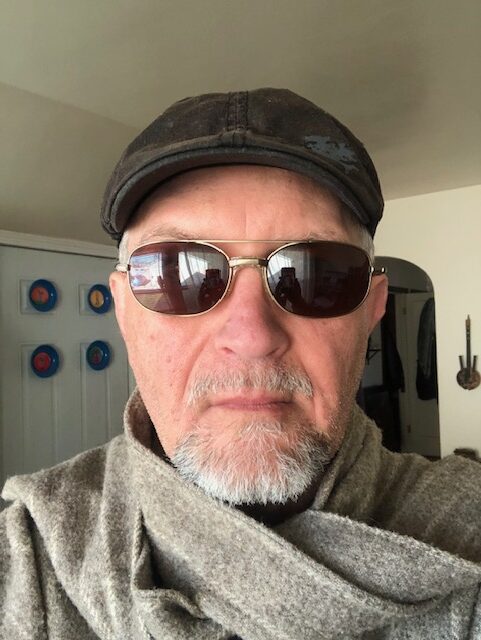
WEEK 2—PARKER WEAVER
Parker Weaver is a Midwest area artist who is continuously thankful for poetry. Parker hosts Cloud Park Poets, a virtual group space for writing, editing, and sharing poetry. When not writing, Parker is singing to their houseplants, designing crochet projects, or exploring wellness through mindful breath.

WEEK 3—SUE BLAUSTEIN
Sue Blaustein is the author of In the Field: Autobiography of an Inspector. Sue retired from the Milwaukee Health Department in 2016 and is an active volunteer. She blogs for Ex Fabula (“Connecting Milwaukee Through Real Stories”), serves as an interviewer/writer for the My Life My Story program at the Zablocki VA Medical Center, and chases insects at the Milwaukee Urban Ecology Center. You can find her at www.sueblaustein.com.

WEEK 4—ELIAS SEPULVEDA
Elias Sepulveda received his Master’s Degree in Language, Literature and Translation at the University of Wisconsin-Milwaukee. Born in Los Angeles to parents from Atotonilco El Bajo, Jalisco, he currently resides in Milwaukee, Wisconsin.
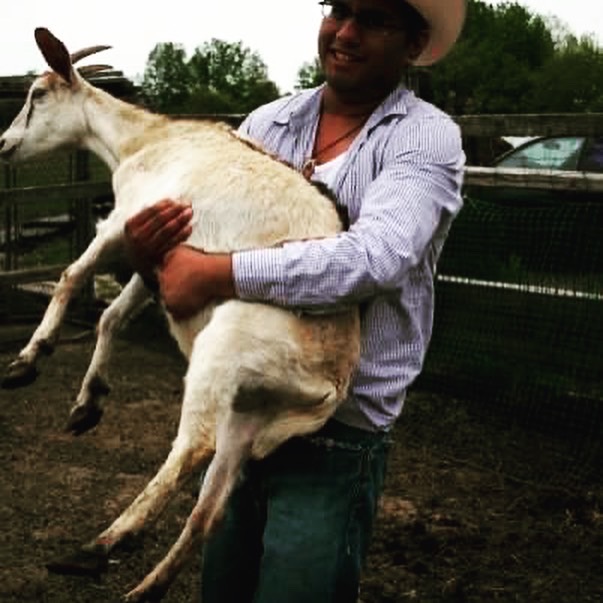
We acknowledge that in Milwaukee we live and work on traditional Potawatomi, Ho-Chunk, and Menominee homelands along the southwest shores of Michigami, part of North America’s largest system of freshwater lakes, where the Milwaukee, Menominee, and Kinnickinnic rivers meet and the people of Wisconsin’s sovereign Anishinaabe, Ho-Chunk, Menominee, Oneida, and Mohican nations remain present.
We further acknowledge the grave evil colonialism introduced to these lands through genocide as well as slavery, and also via racist and xenophobic beliefs, laws, and practices that continue to inflict harm upon Black, brown, and Indigenous lives. We honor those who have lived—and do live, now—at these intersections of identity and experience, and are committed to the active dismantling of white supremacy.
720 E. Locust Street
Milwaukee, WI 53212
Phone: 414 263 5001
Hours: Tues–Sun | 12-7 pm
Closed Mon
Building Accessibility: Despite the age of our physical location, and attendant limitations to access, Woodland Pattern is committed to making its programs and facilities available for as many as possible. Please call for more information.
Events Accessibility: Woodland Pattern is able to offer captioning services for its online events and with advanced notice can provide ASL interpretation for live events. Please contact us with accommodation requests and questions.
© Woodland Pattern 2025
